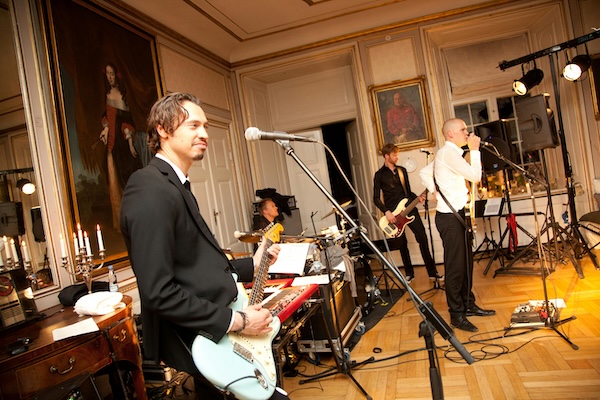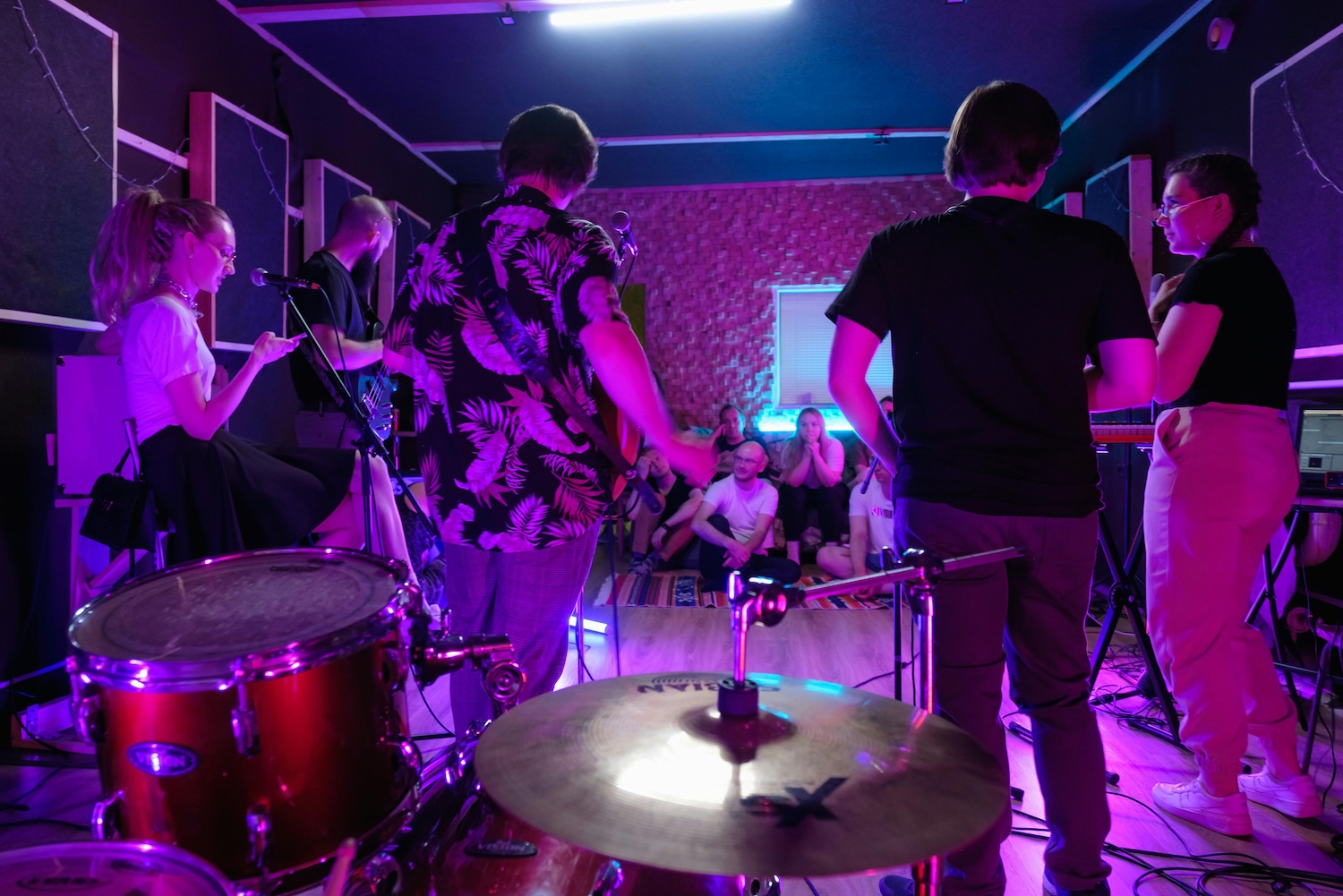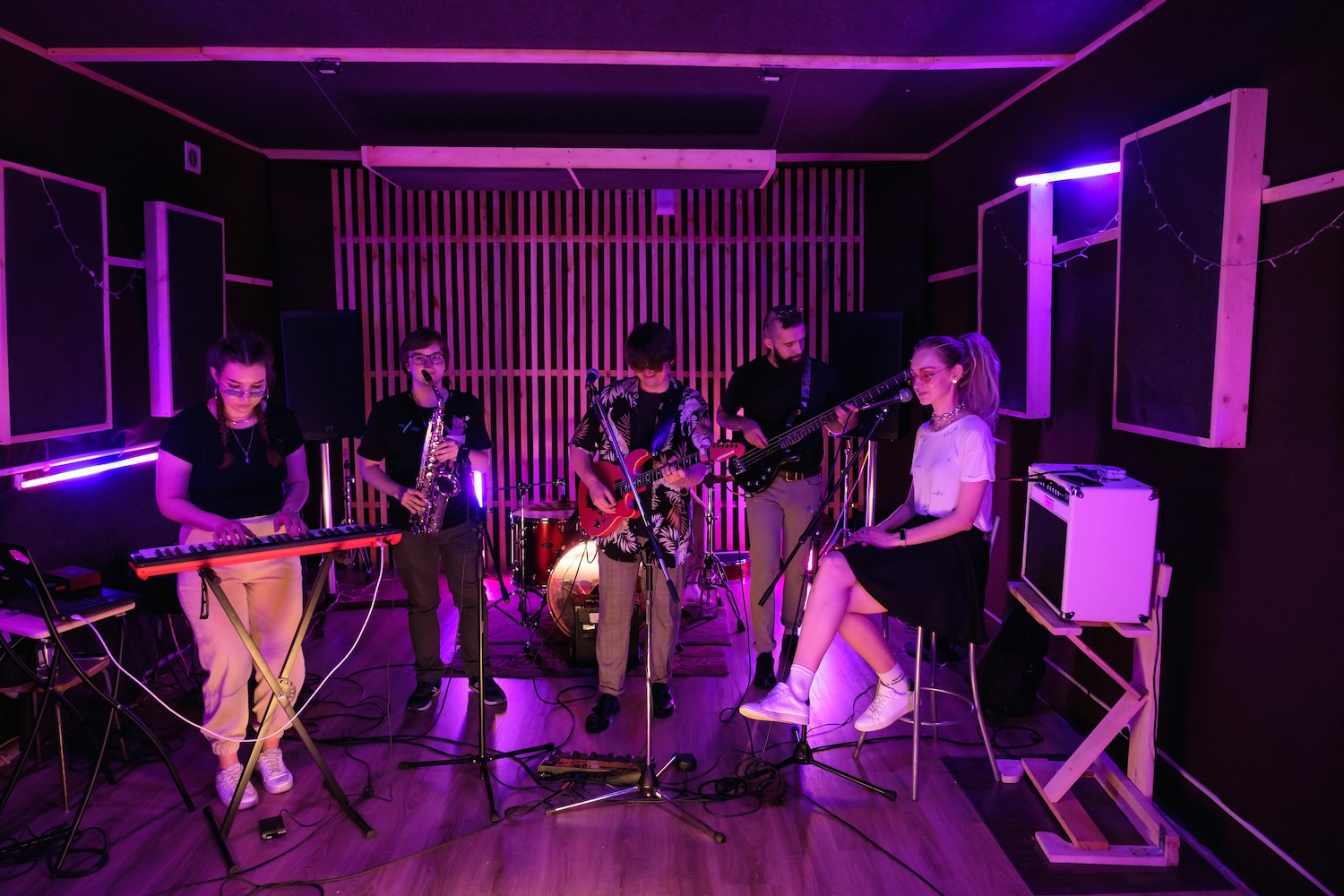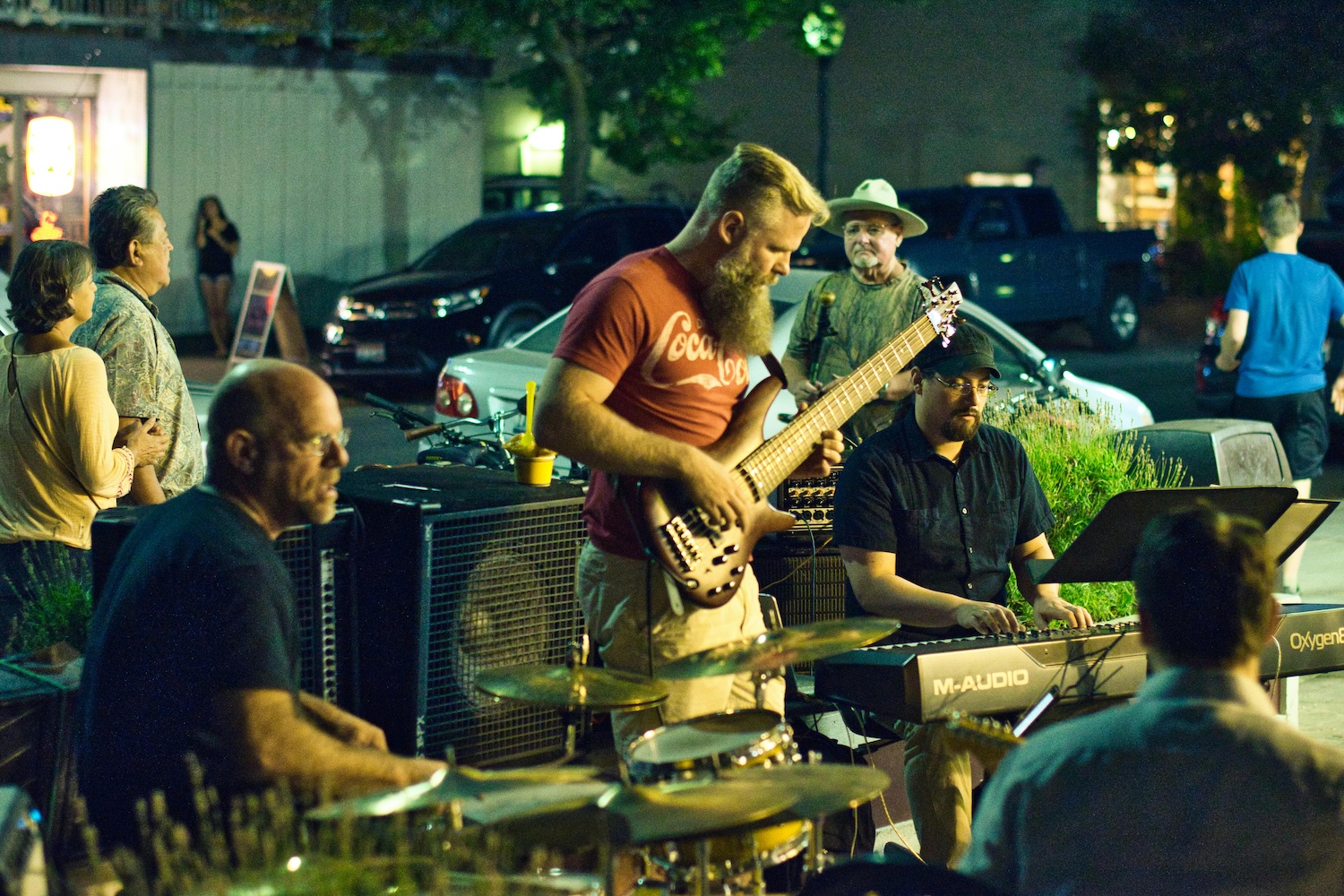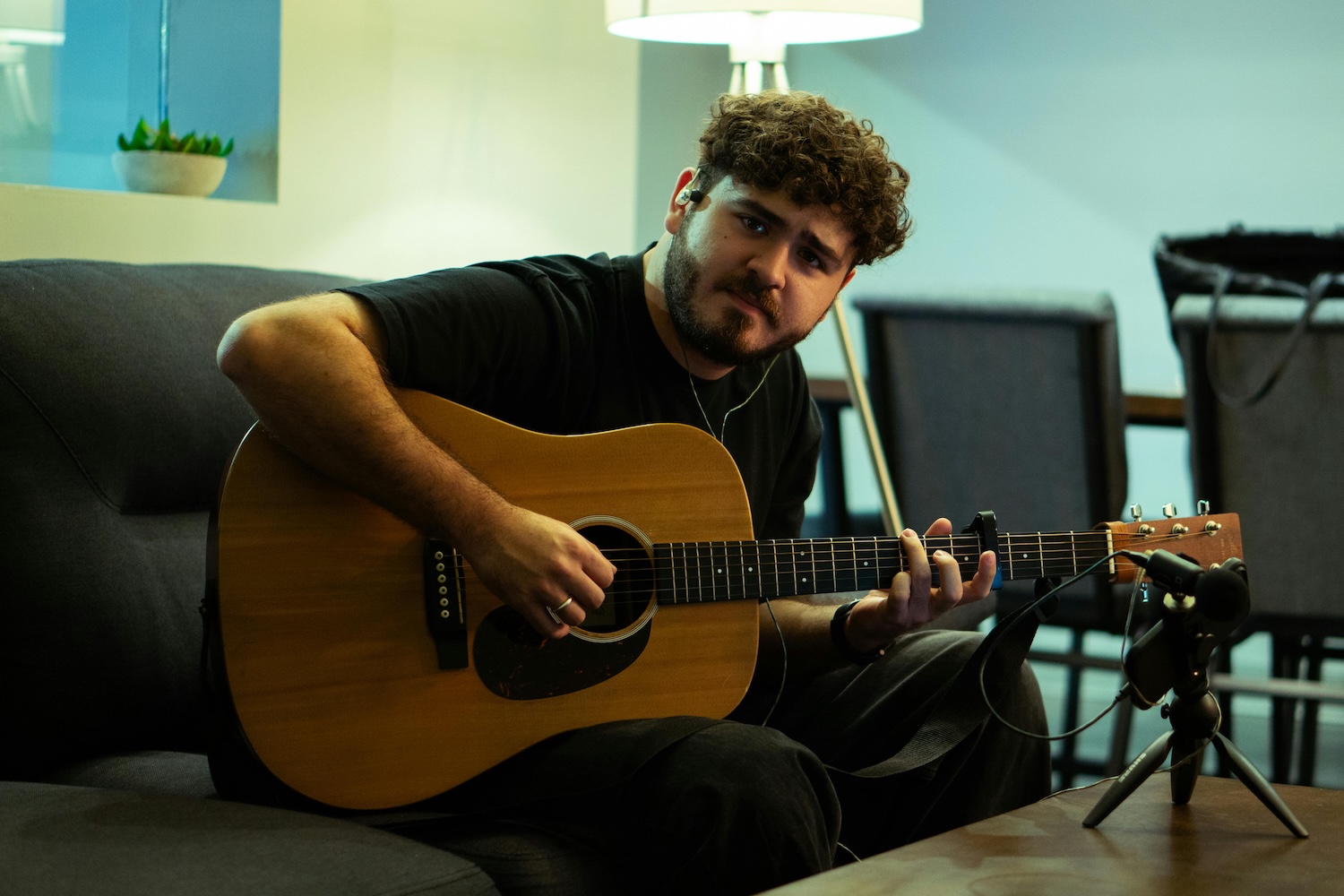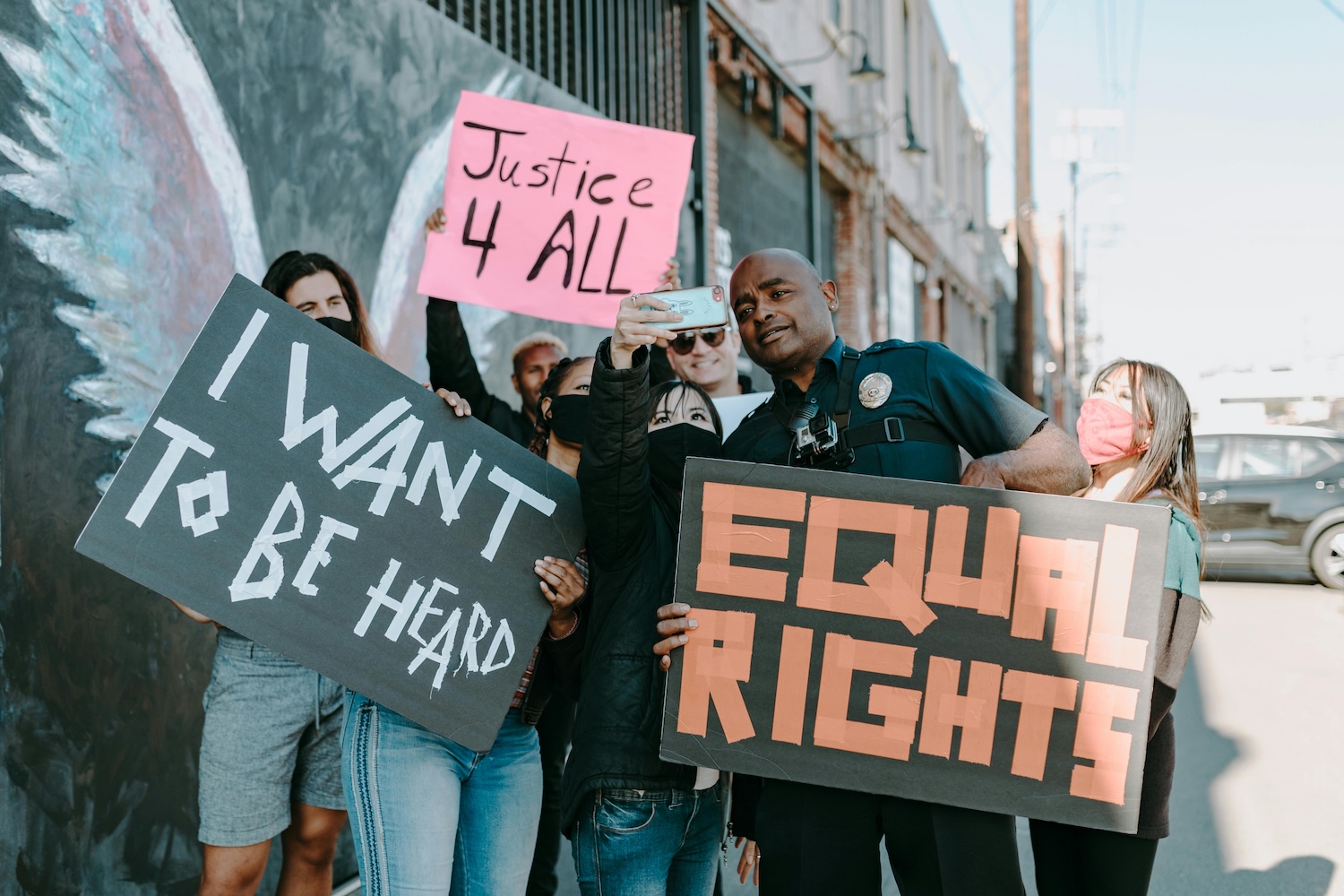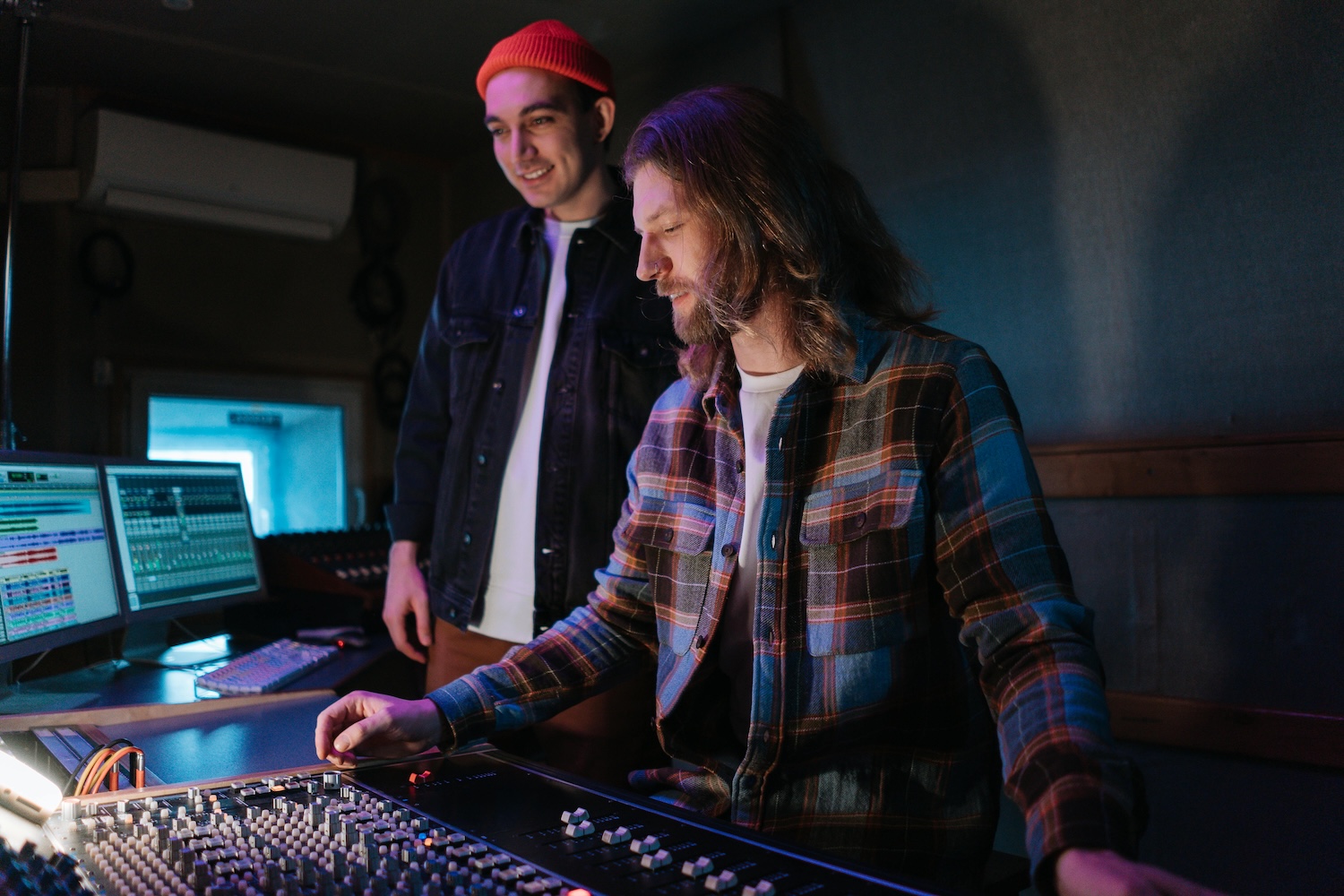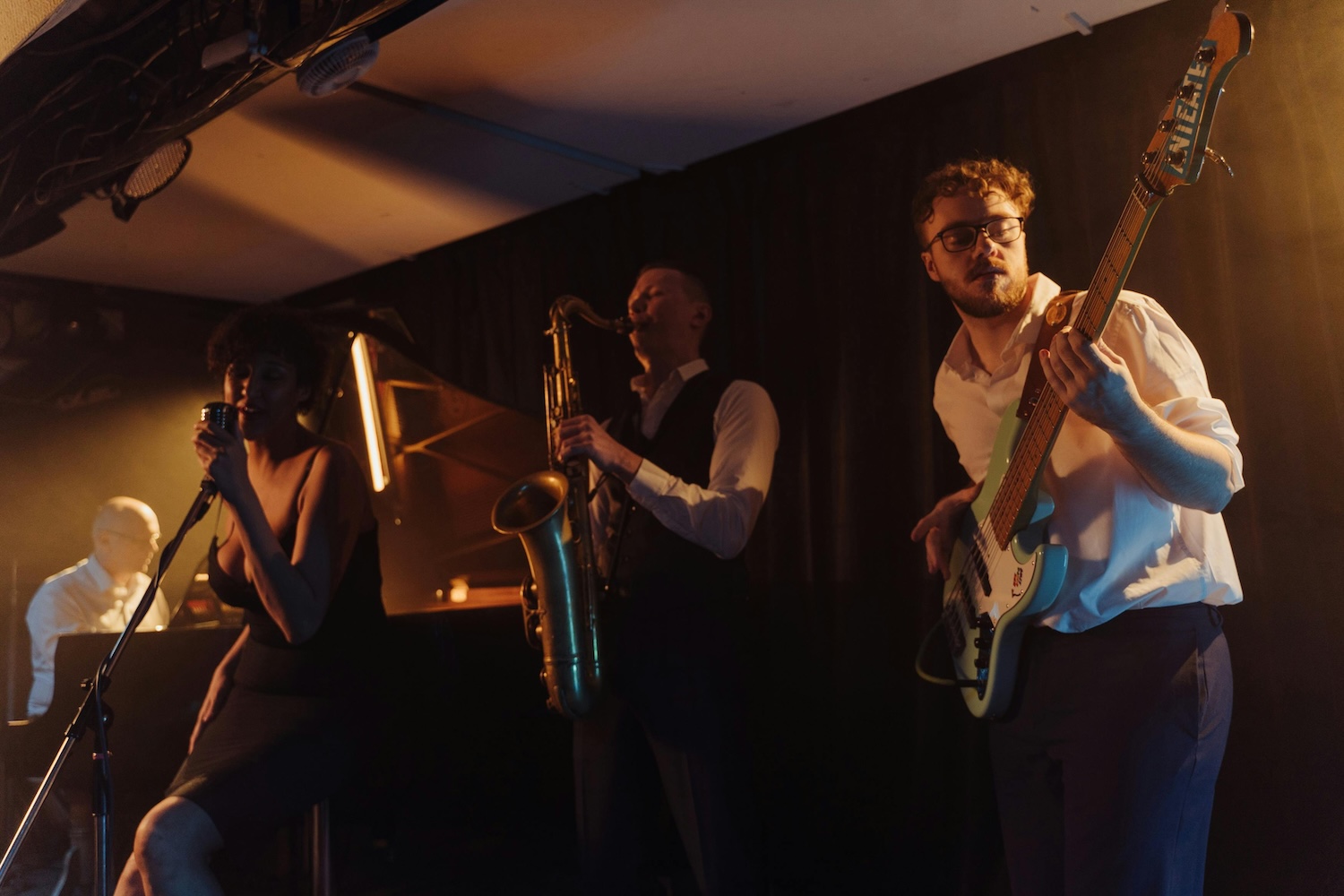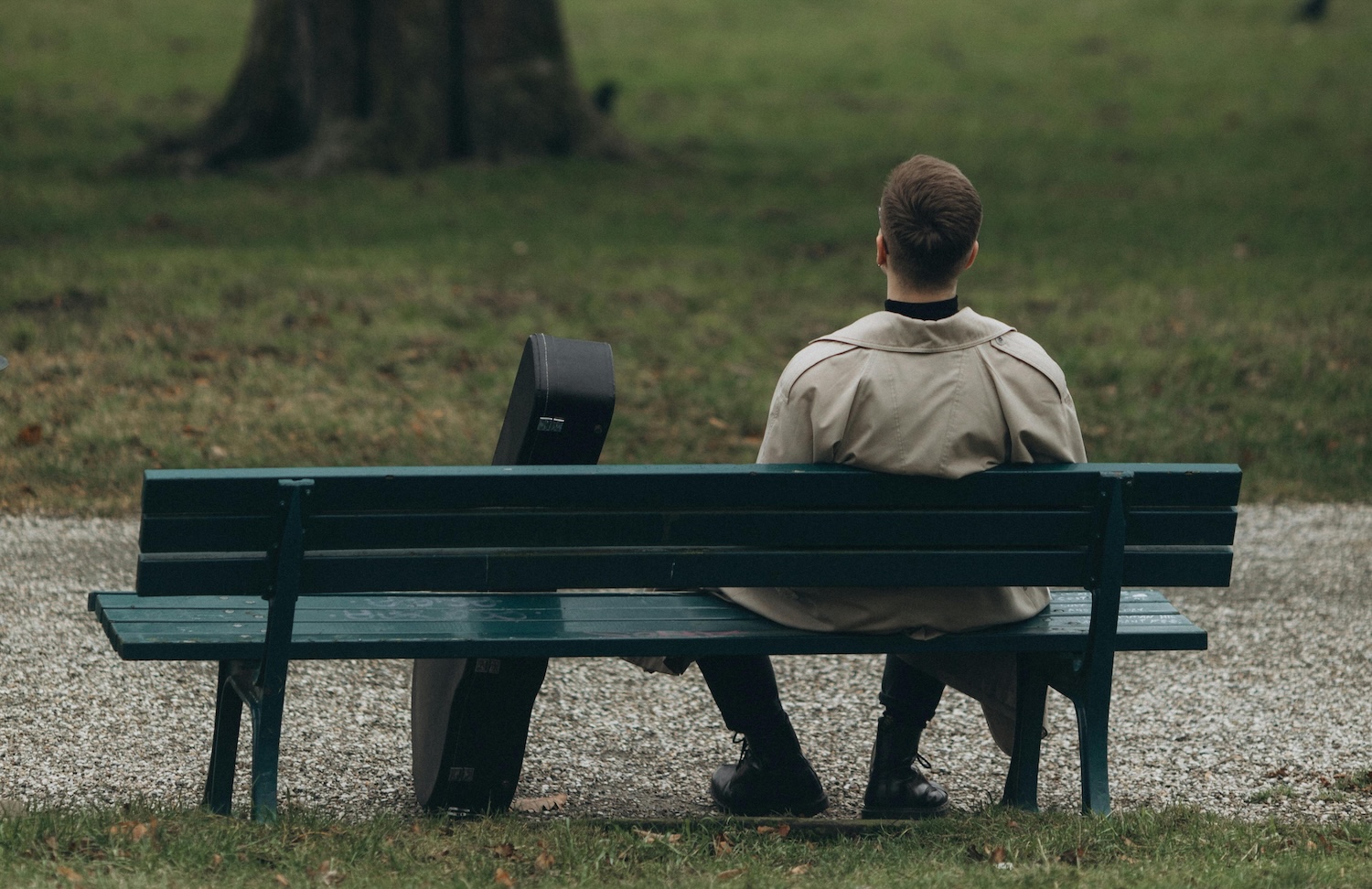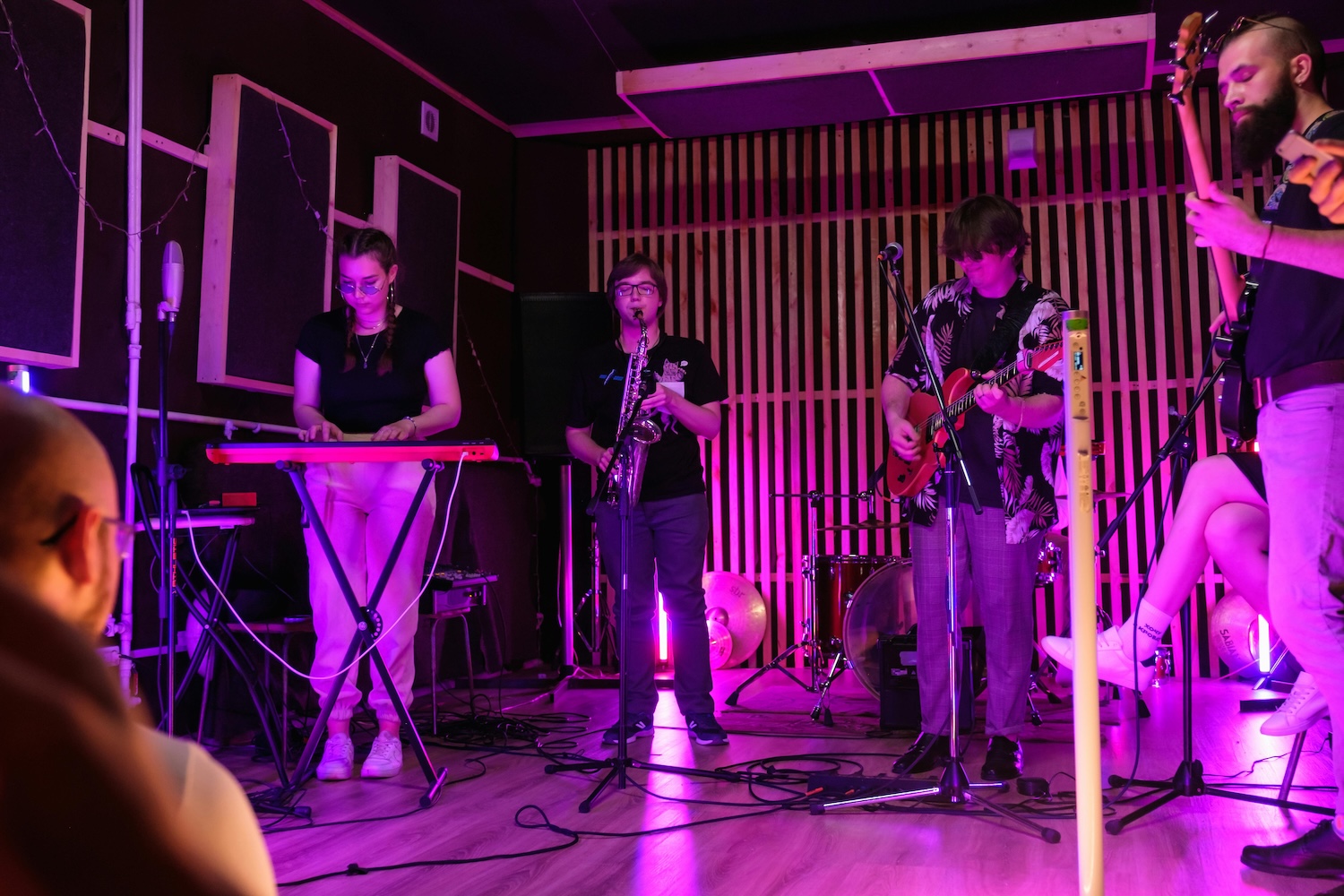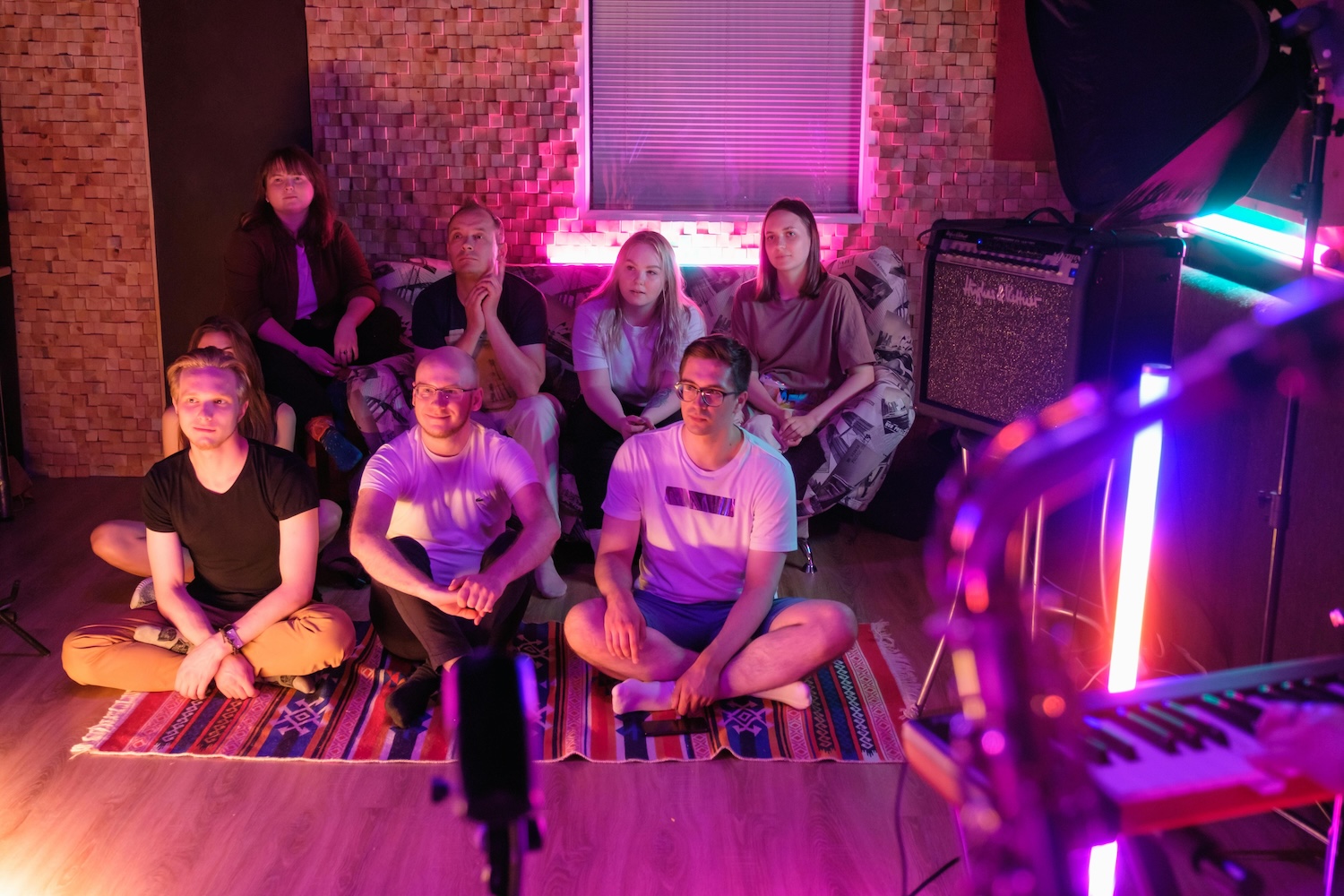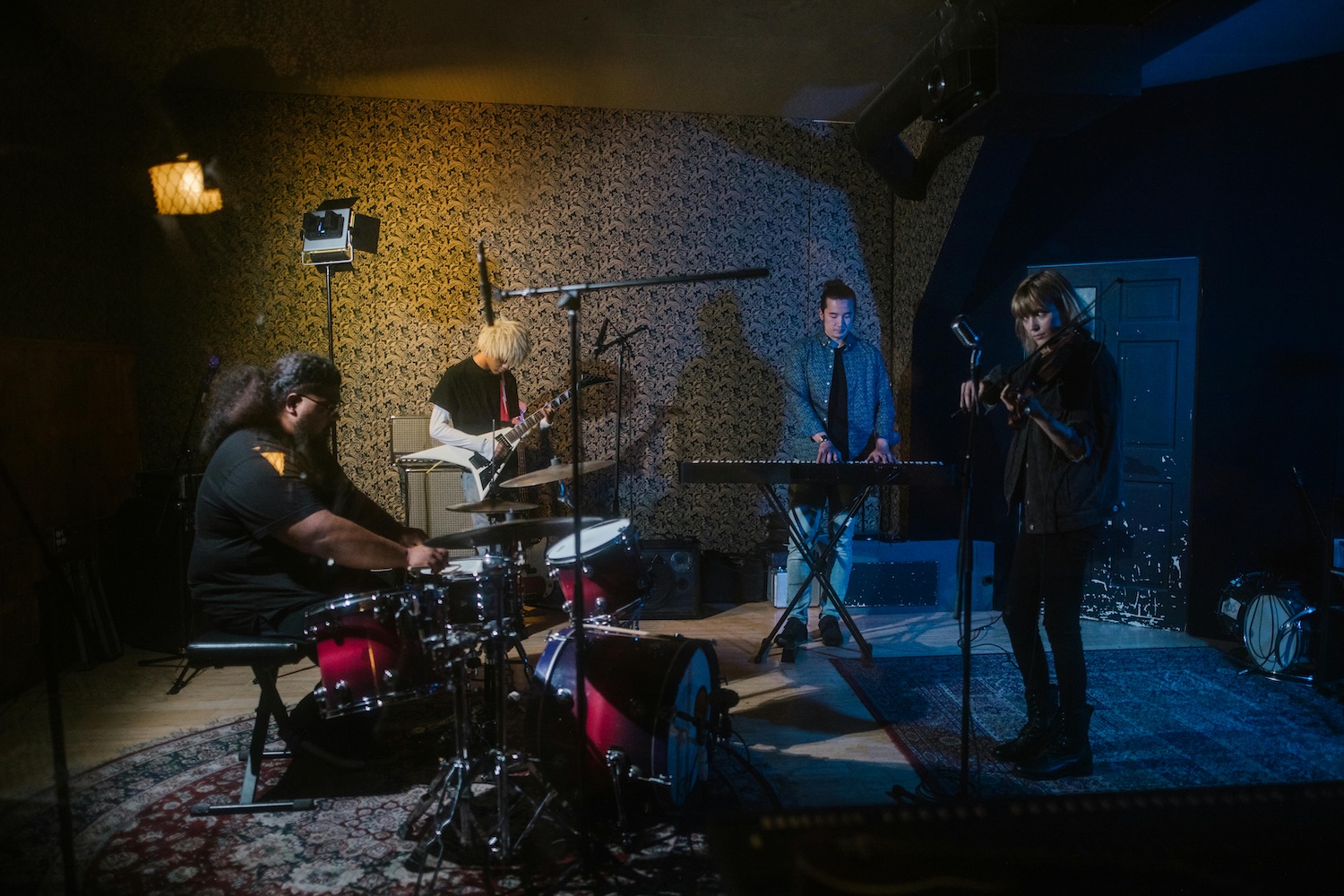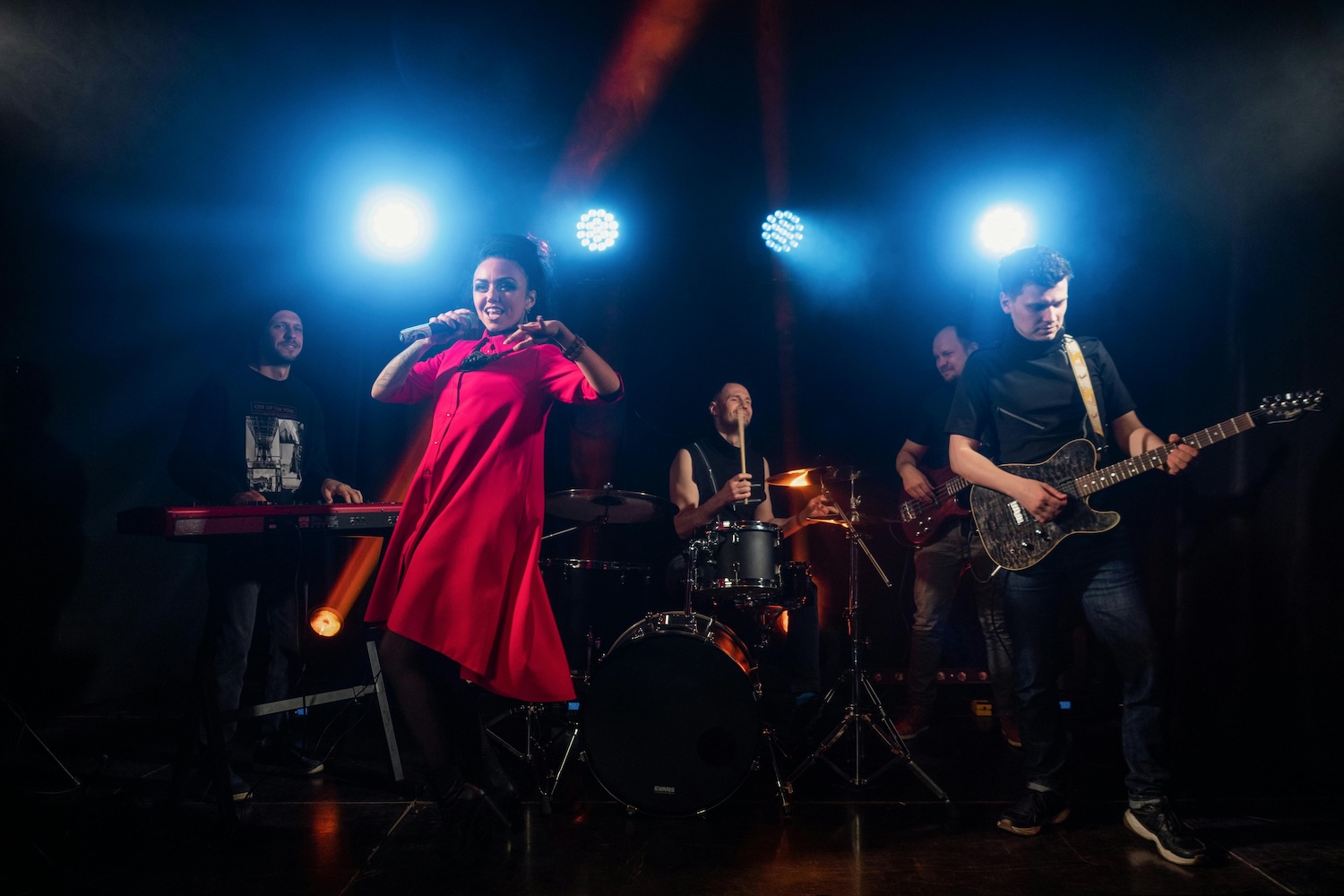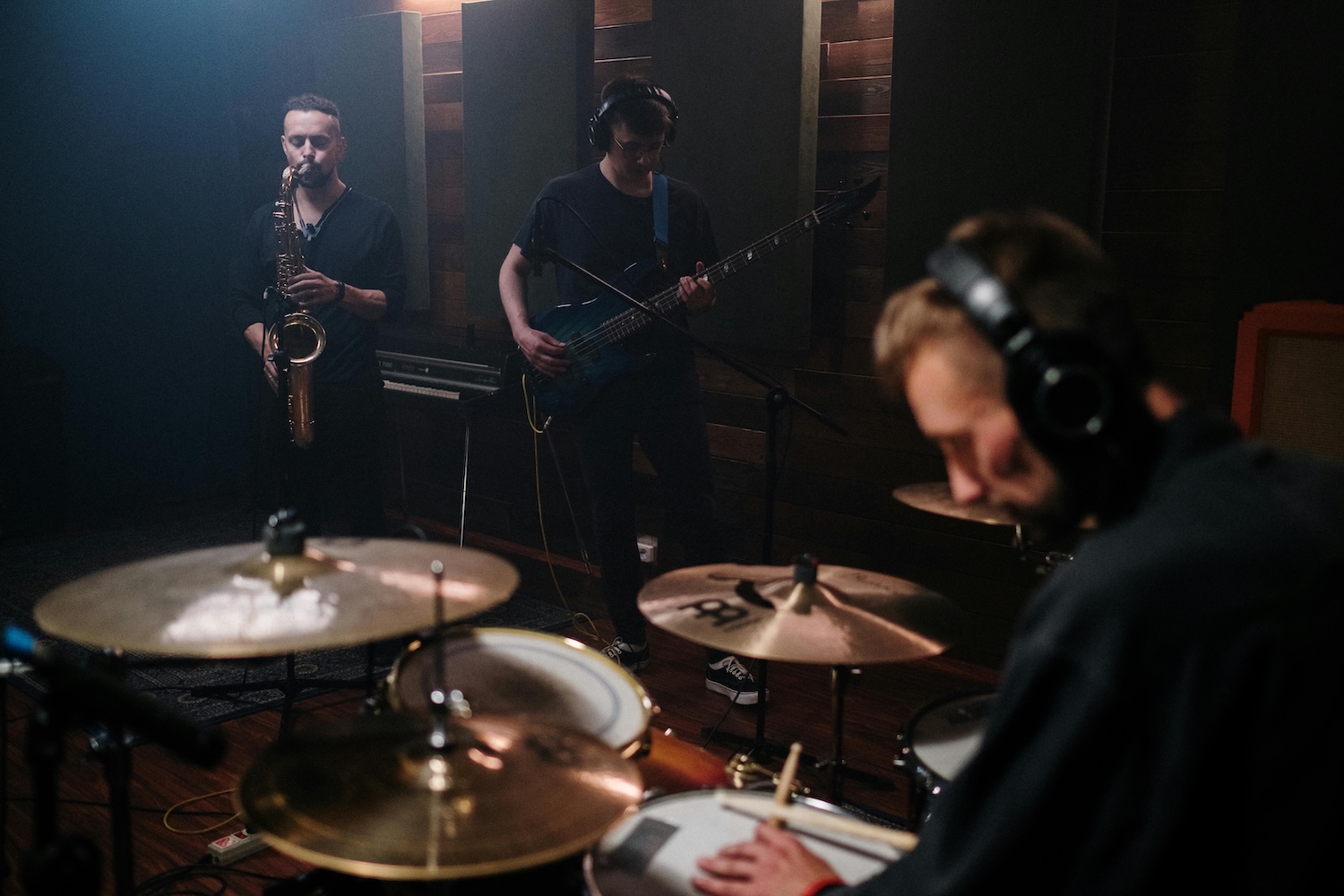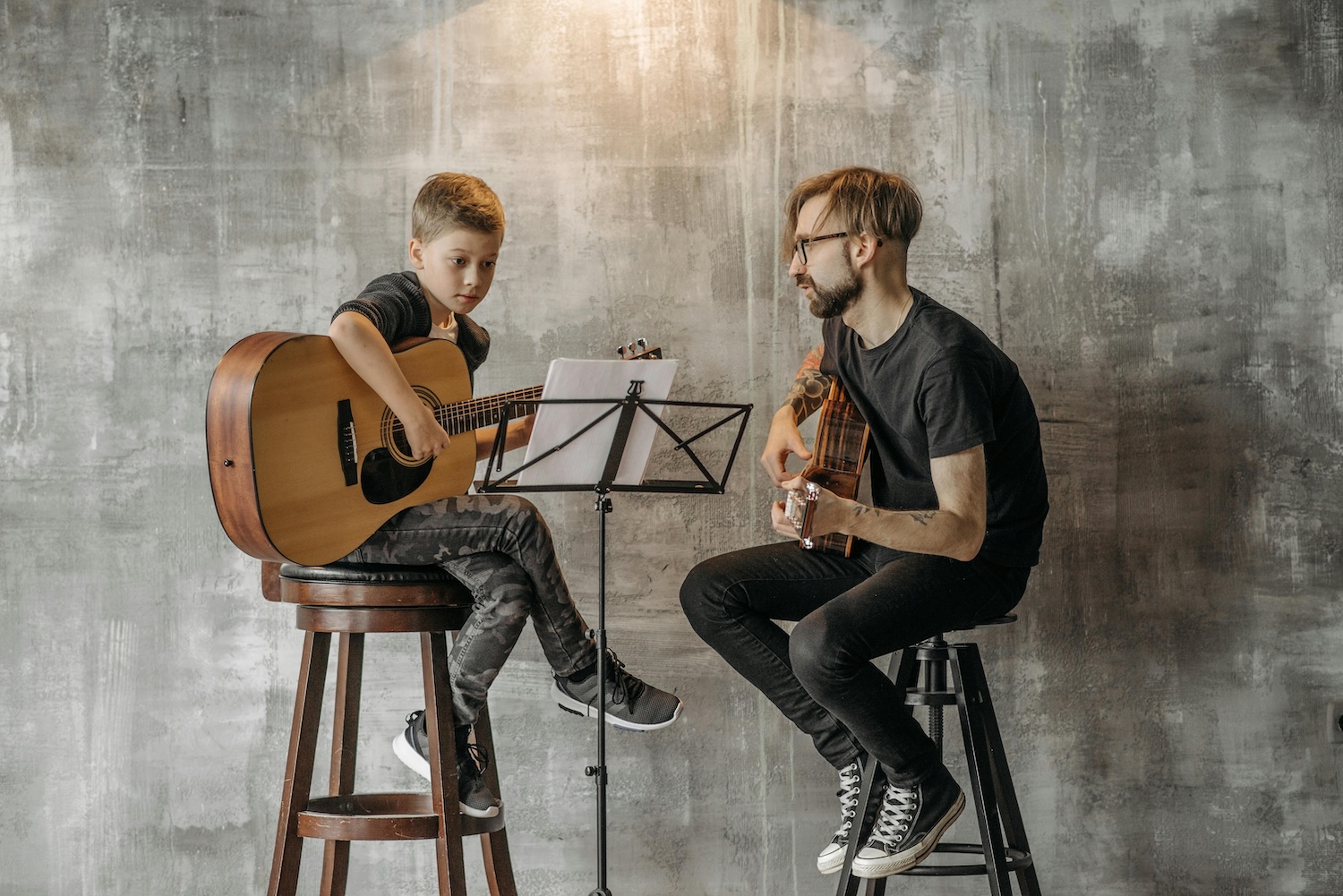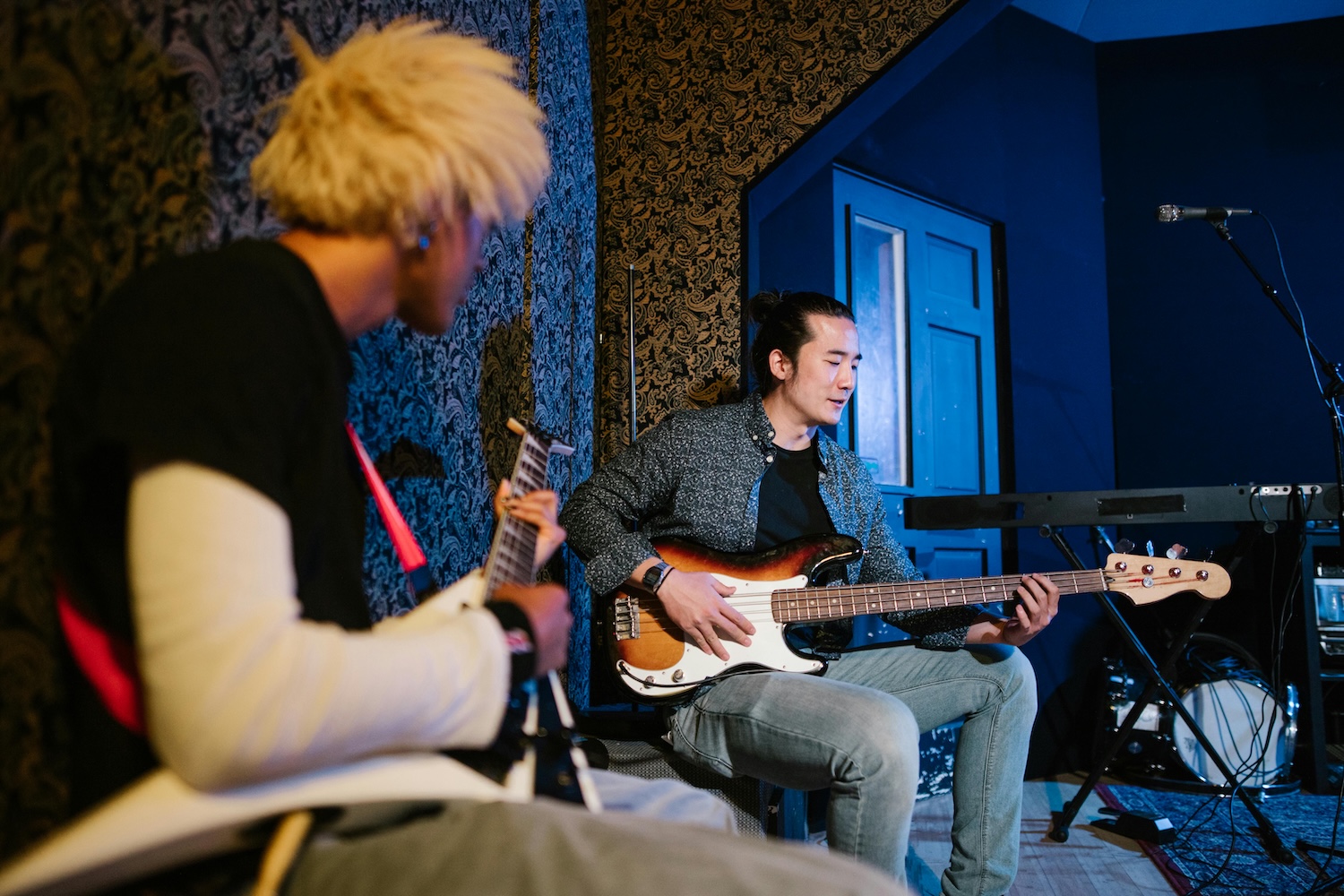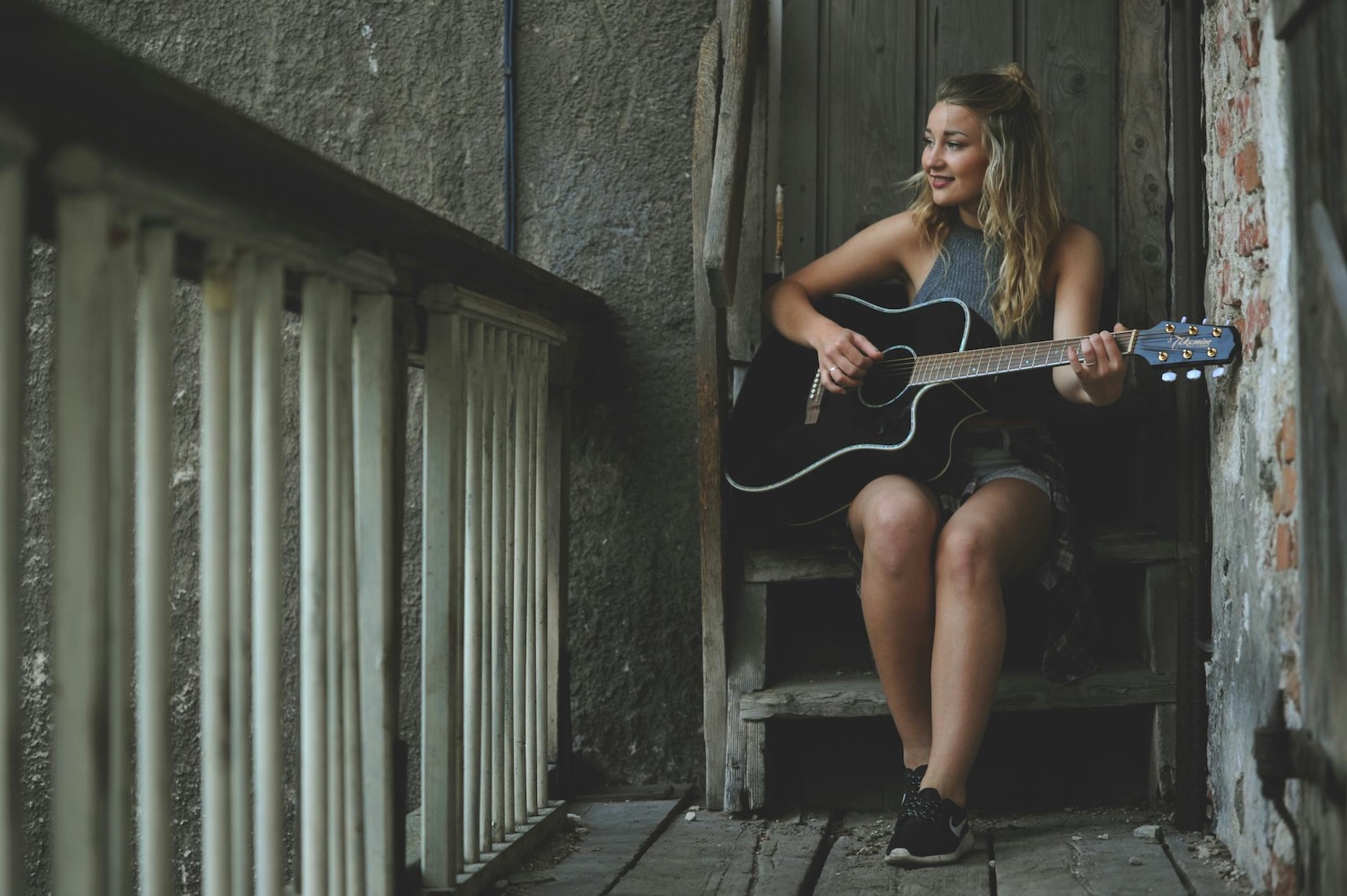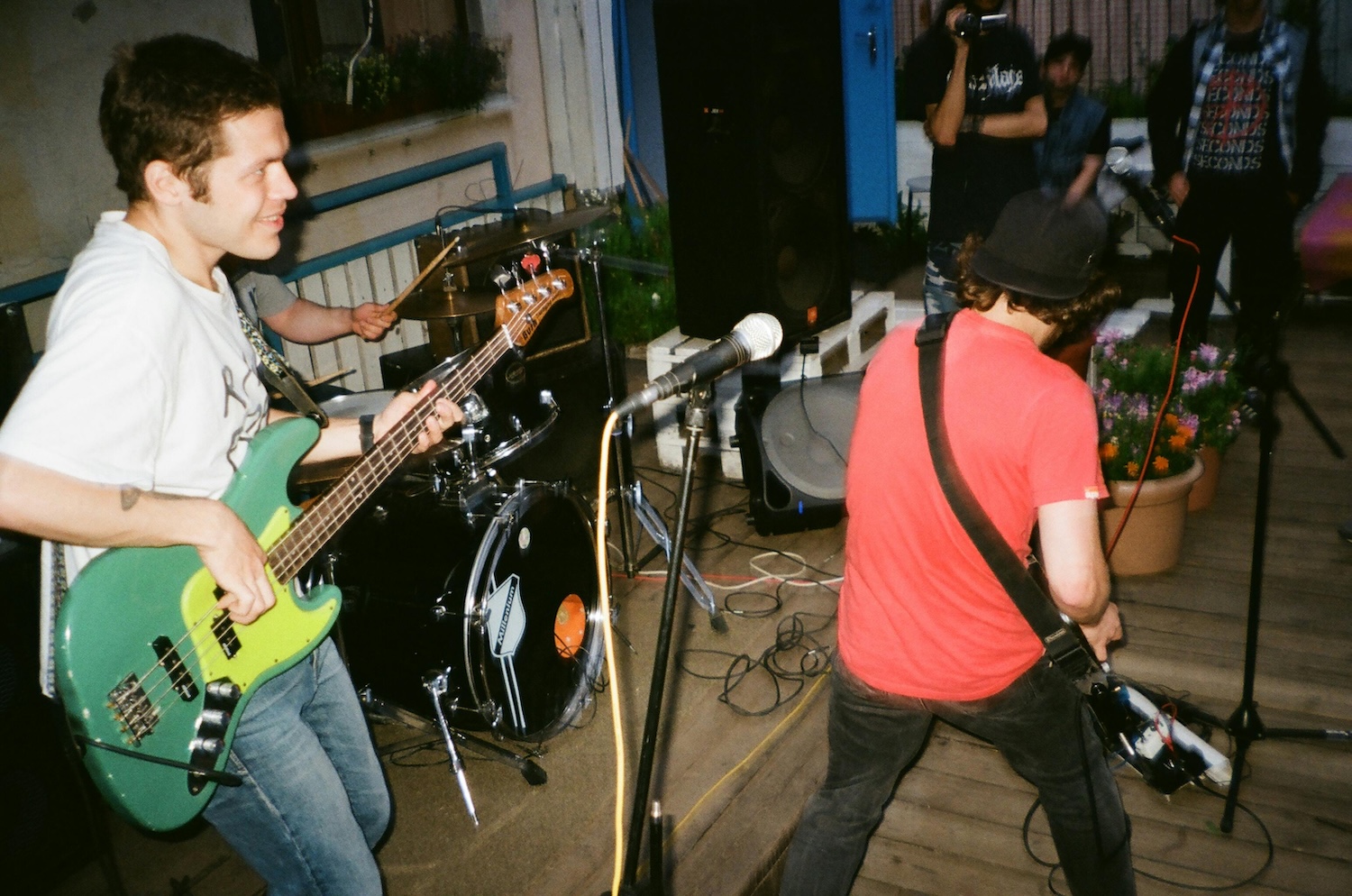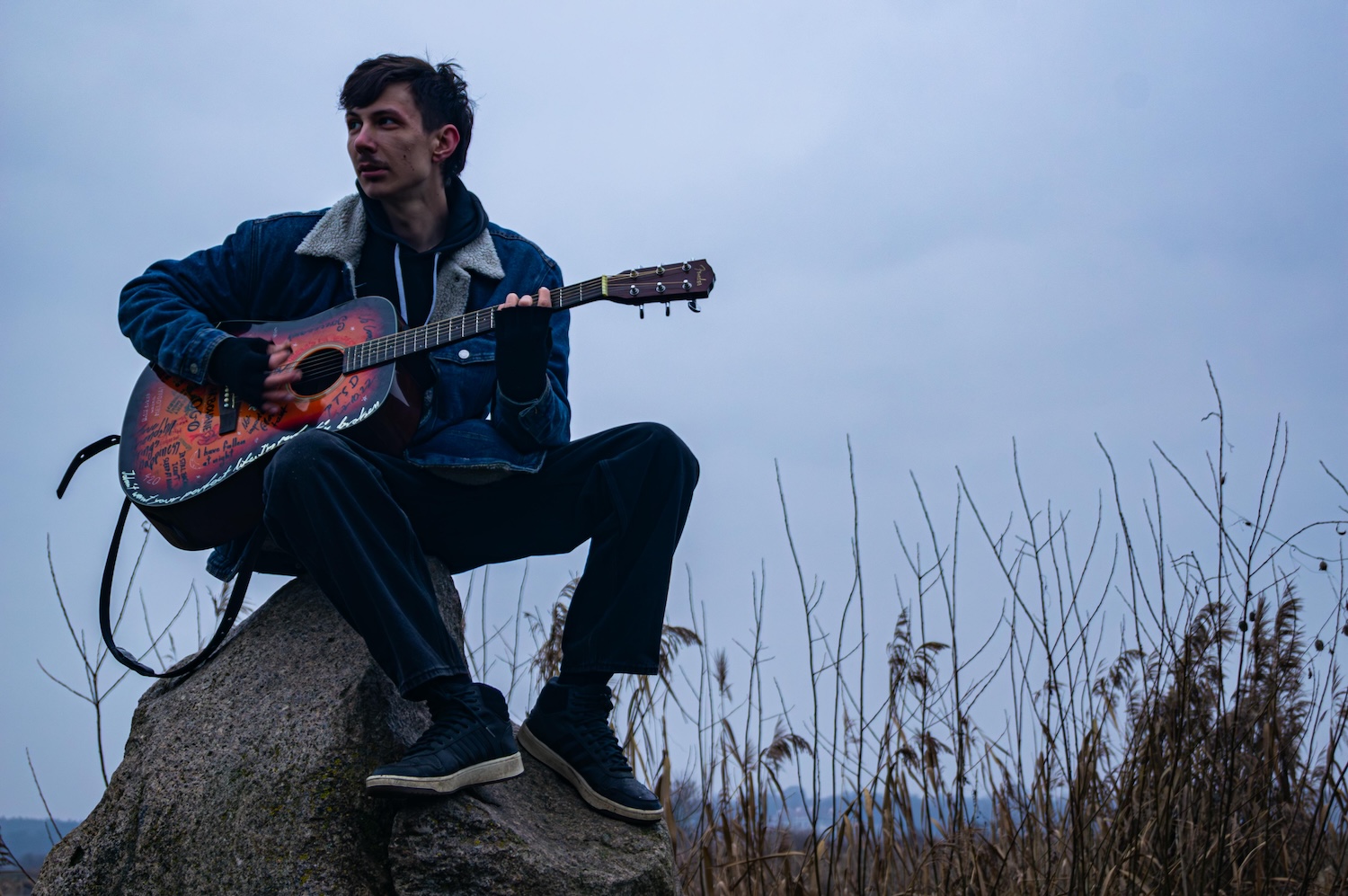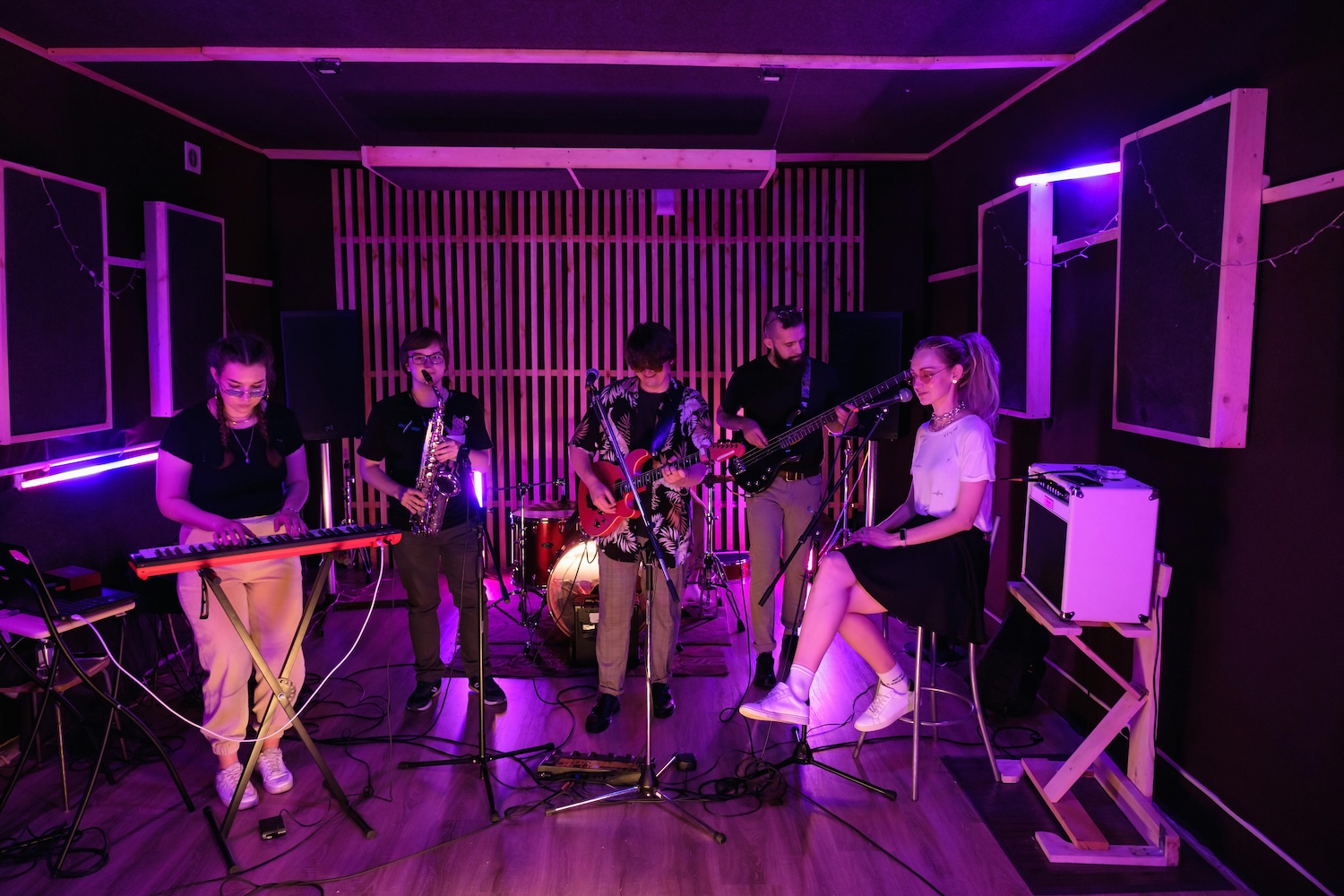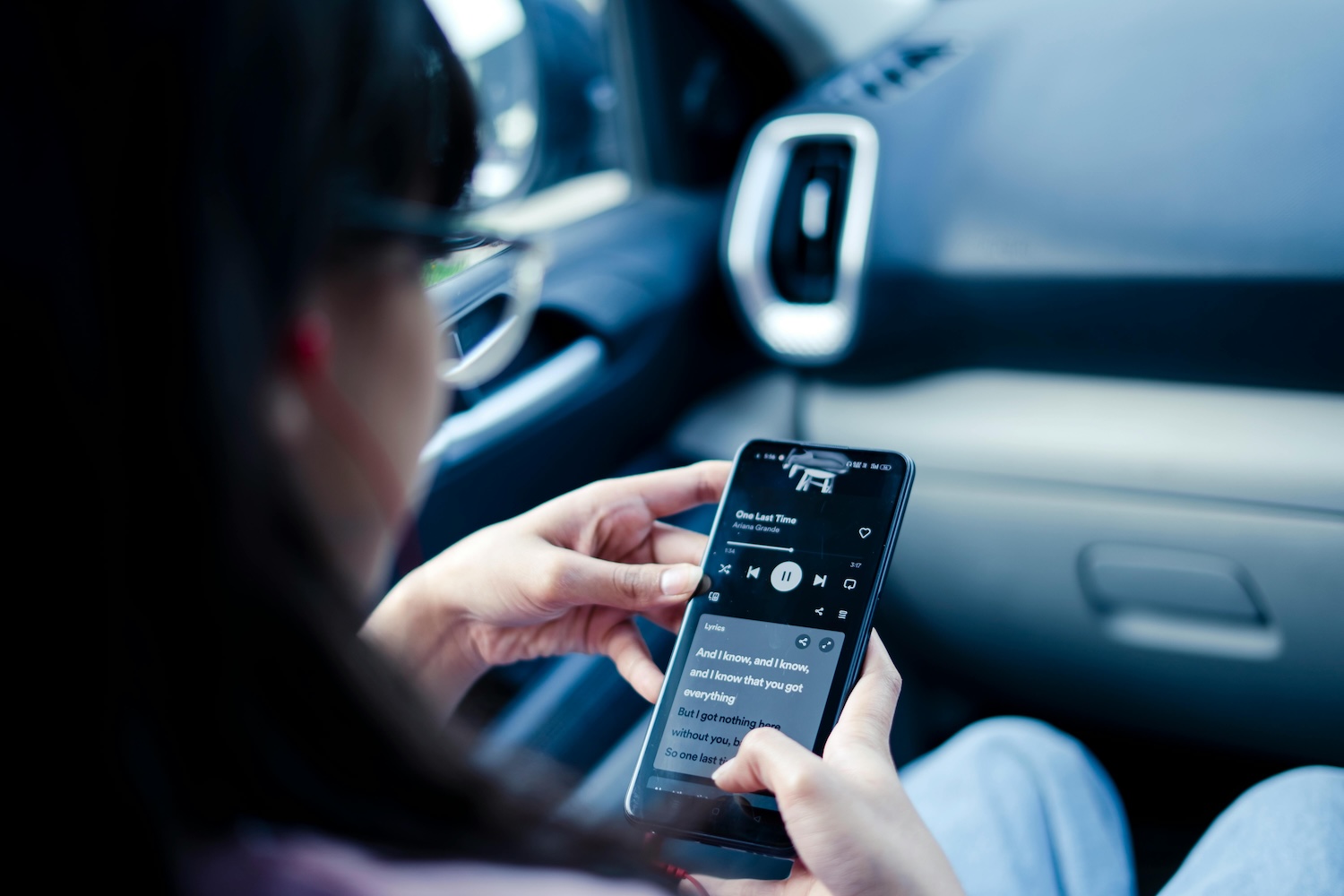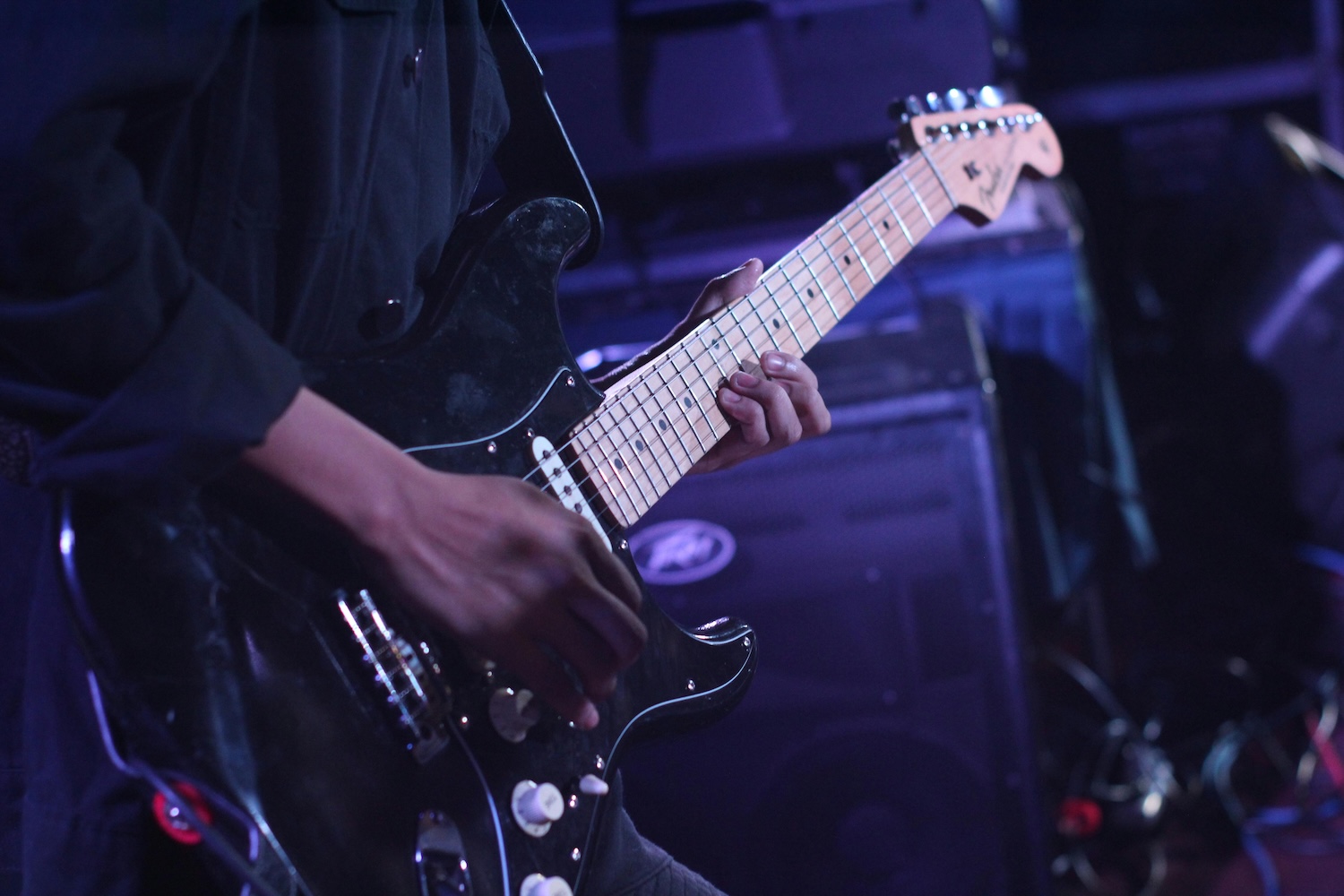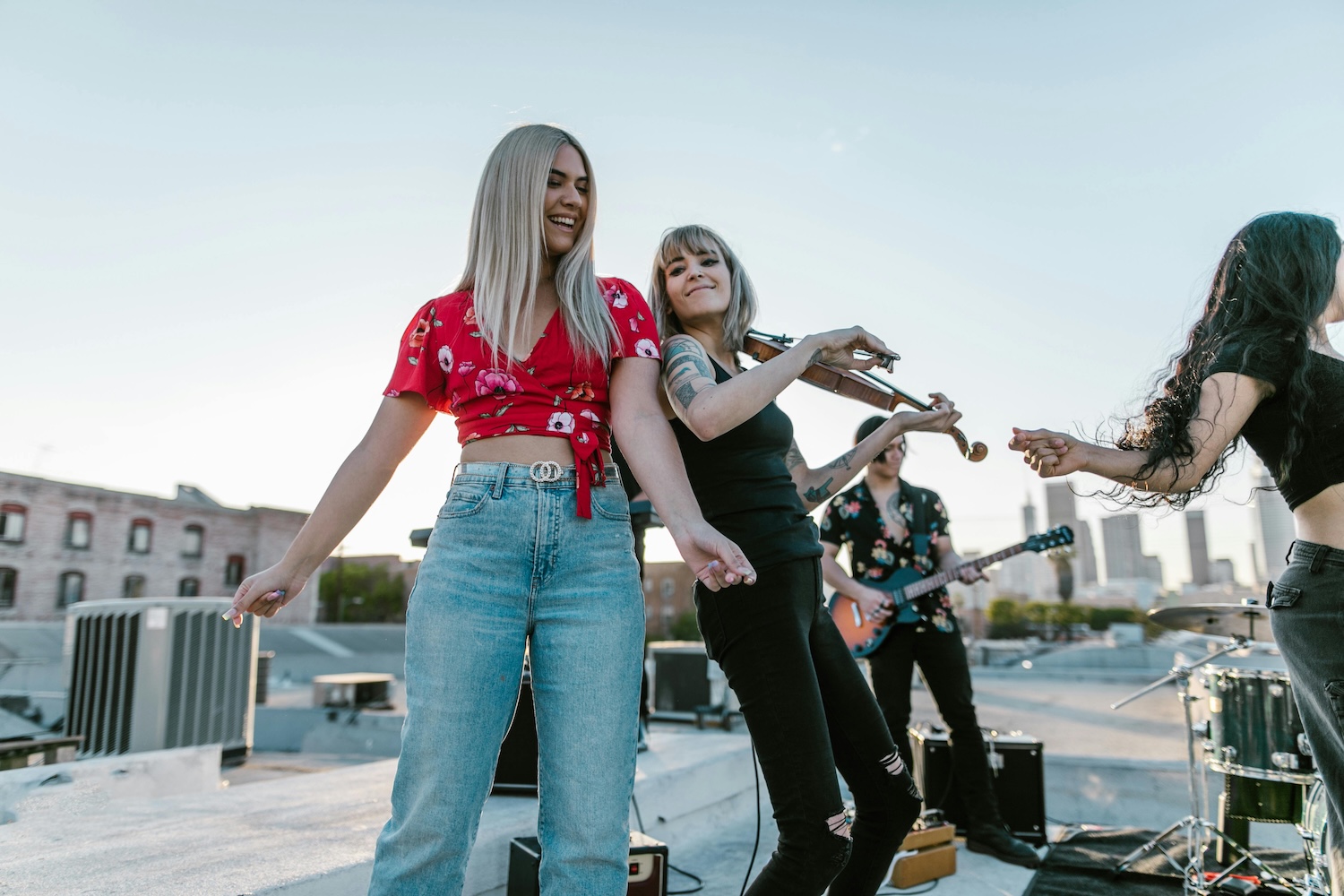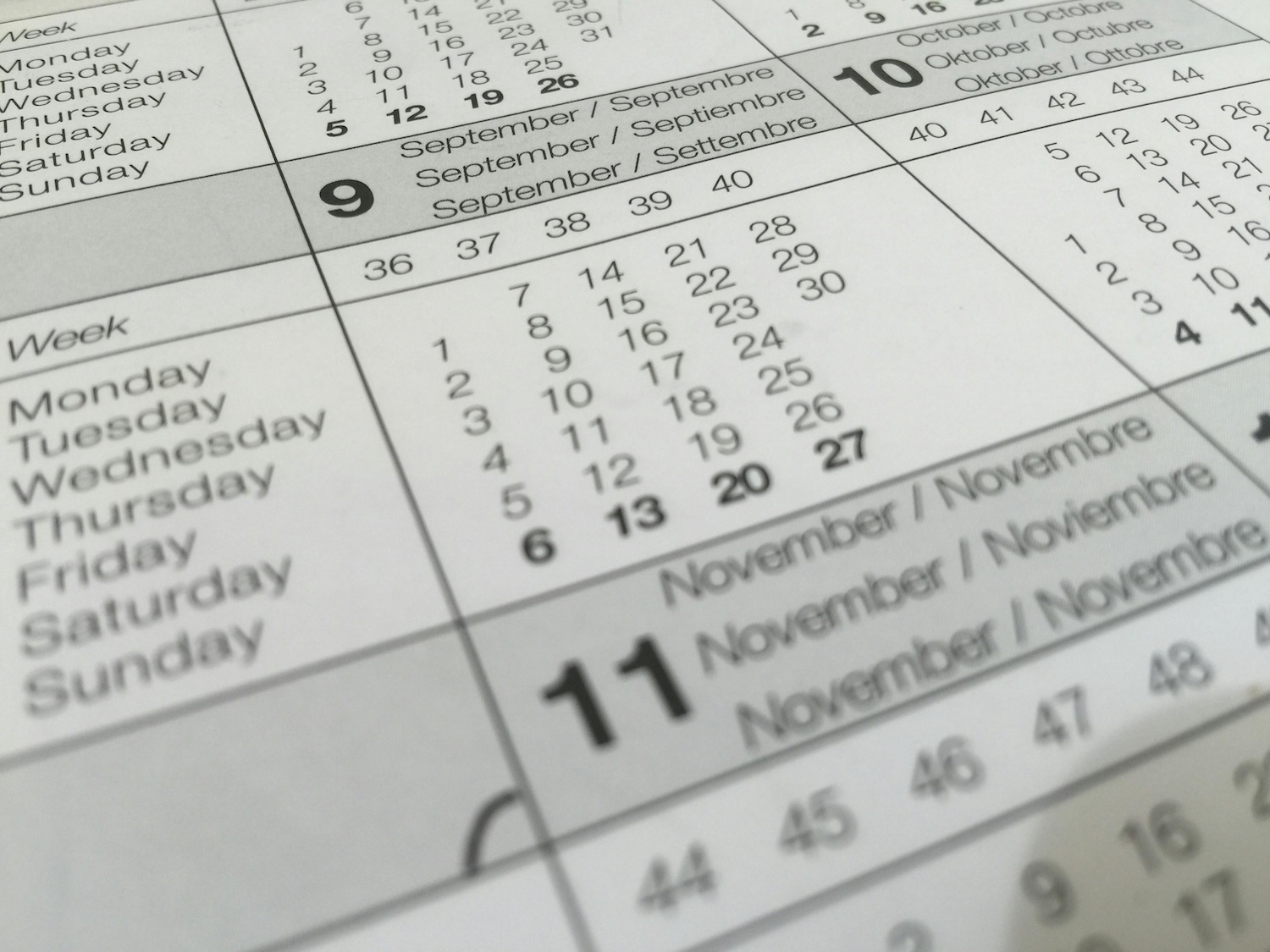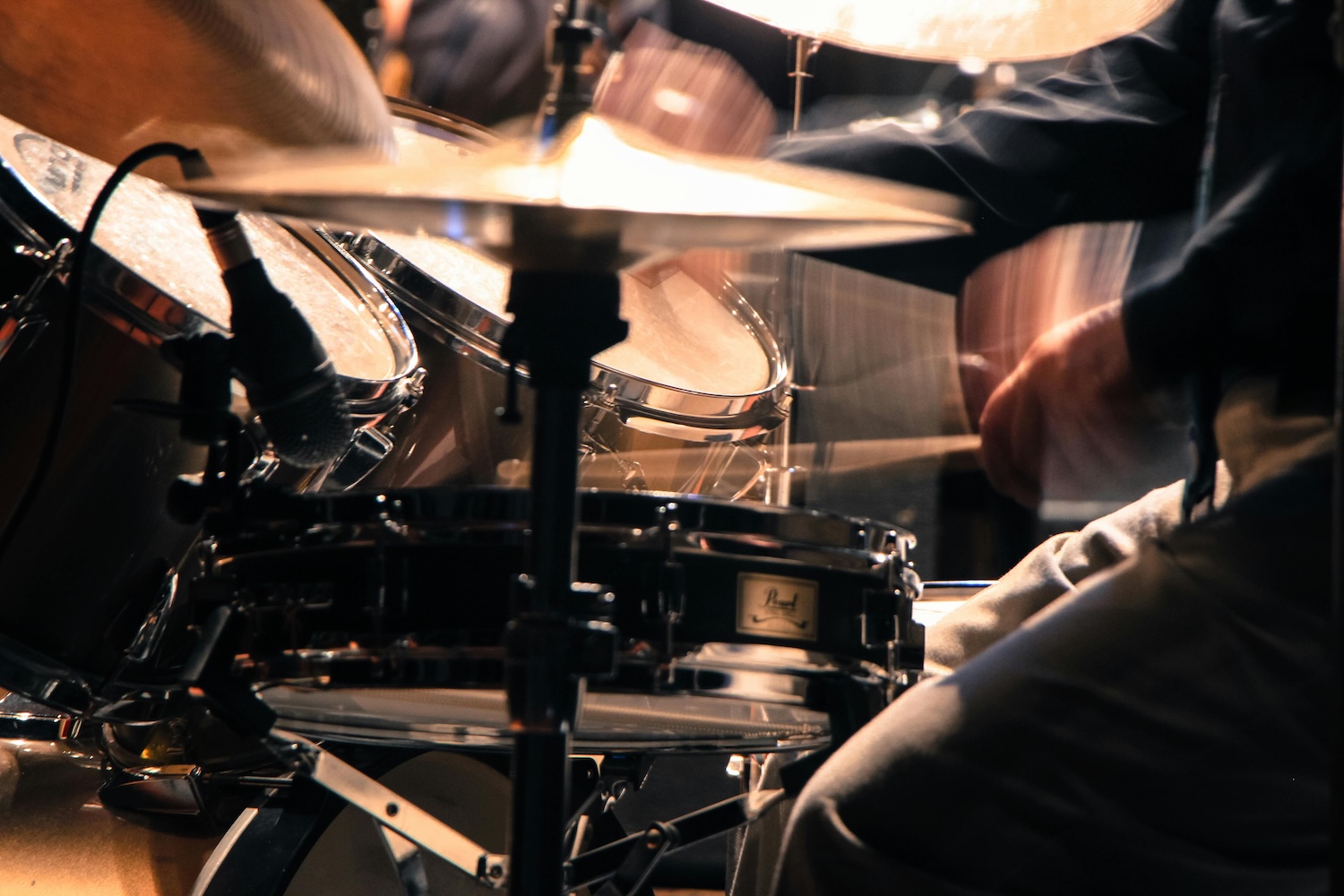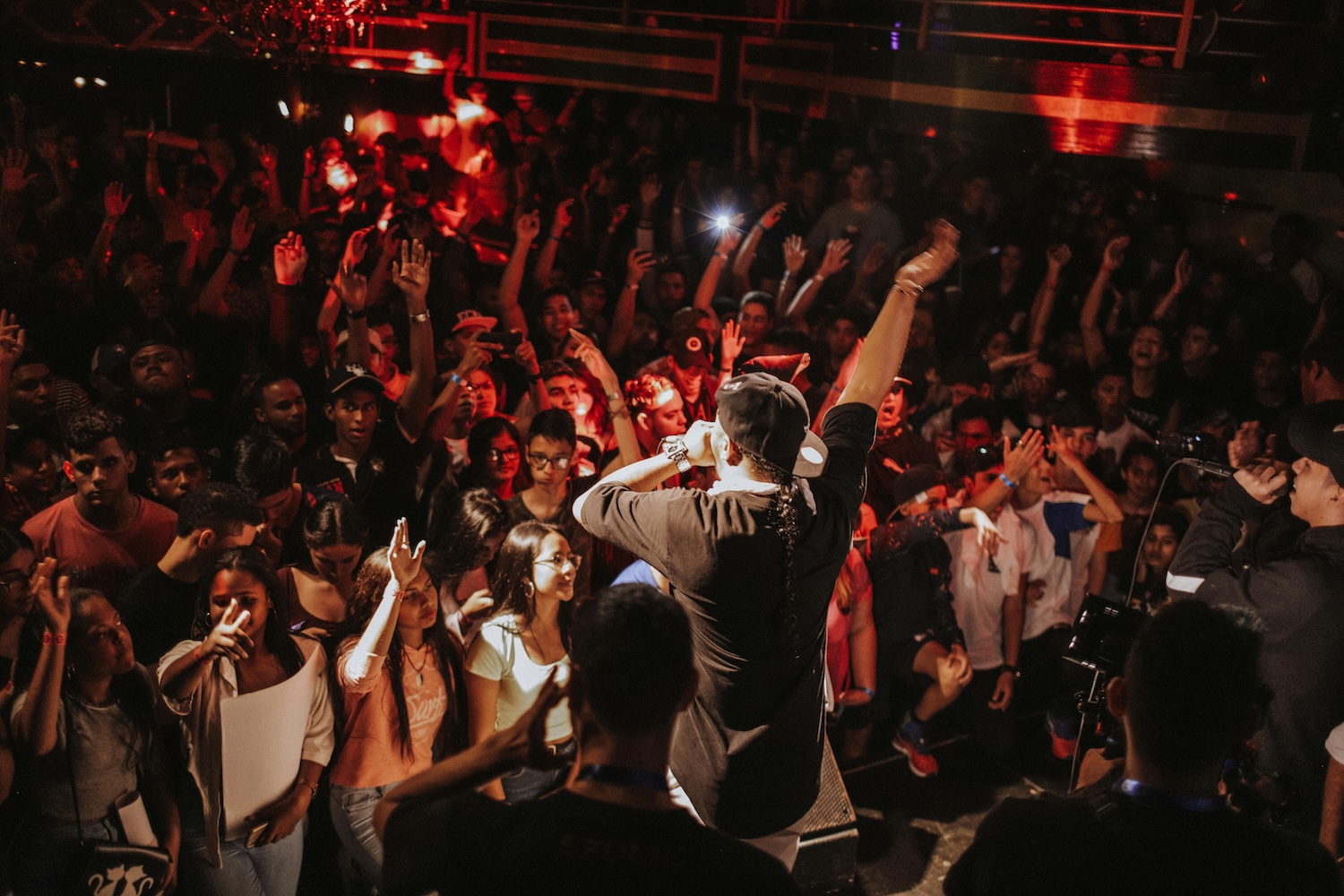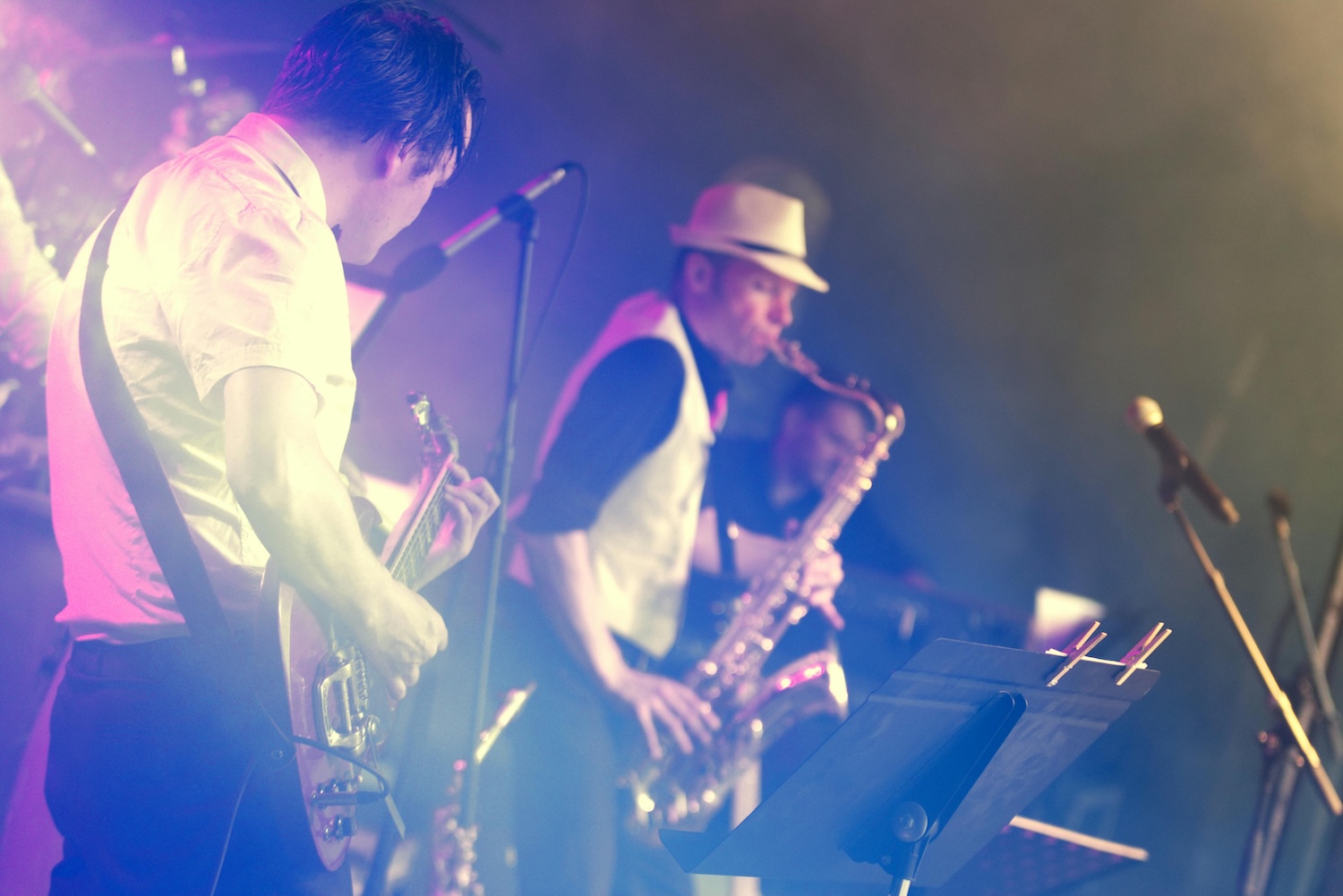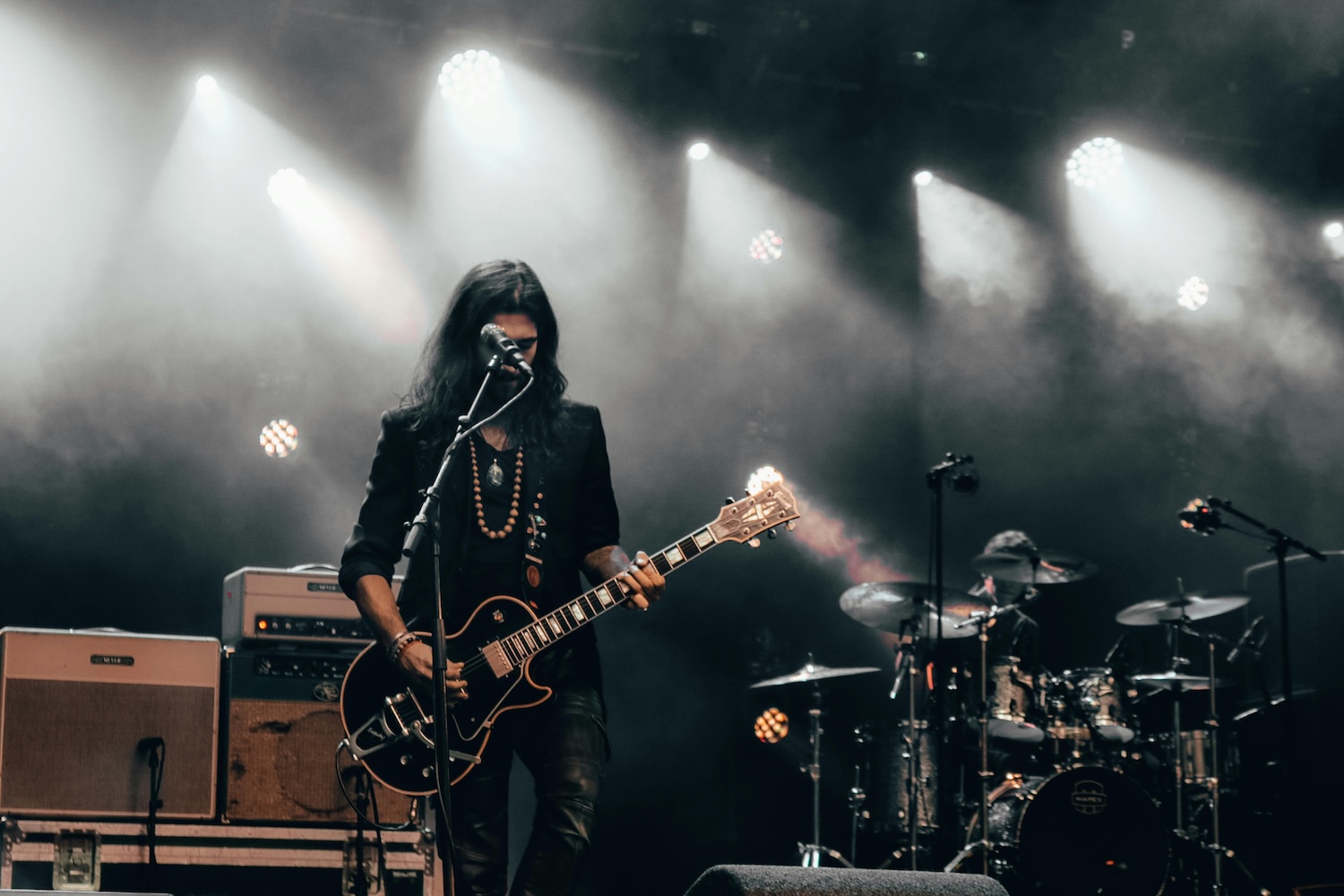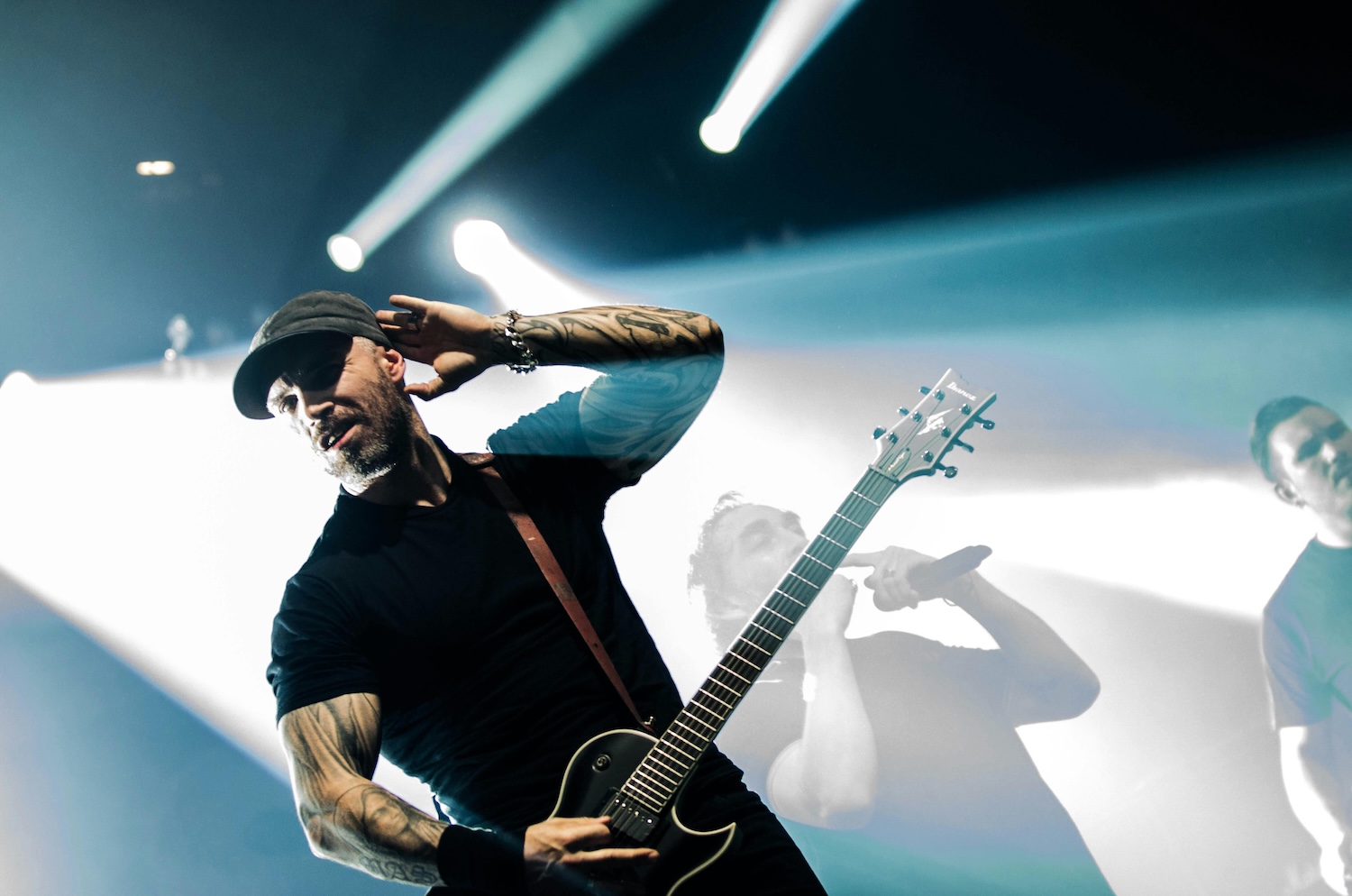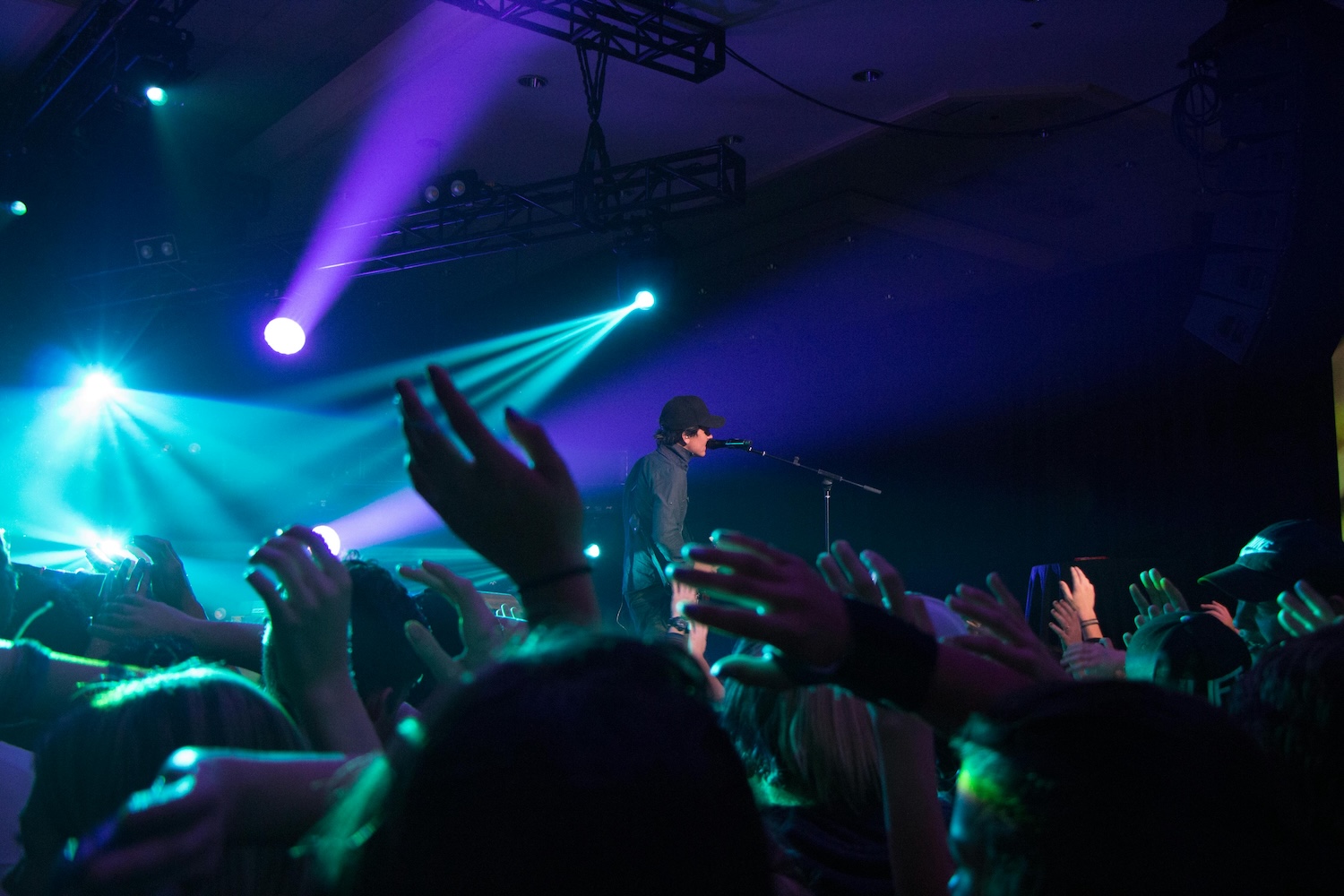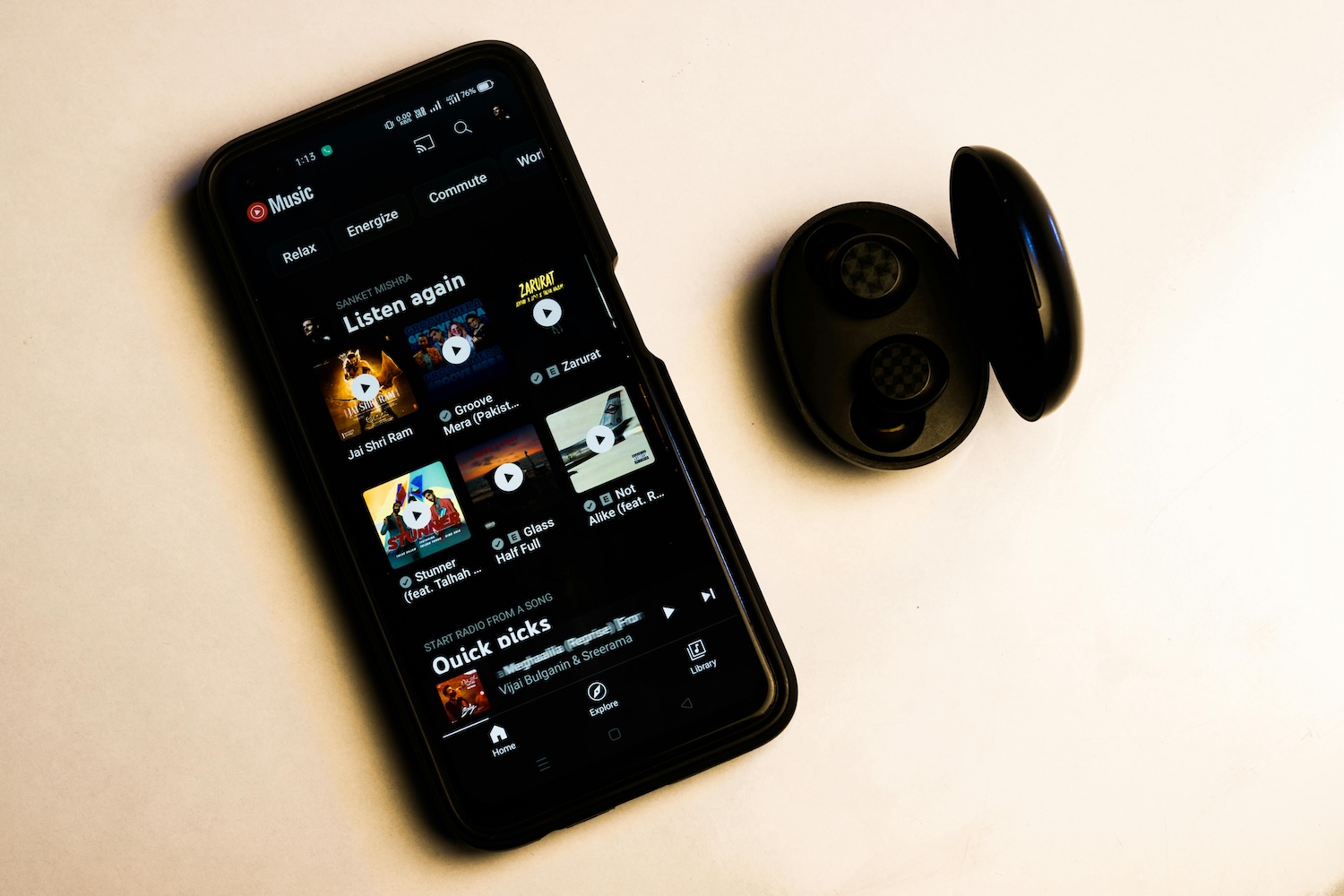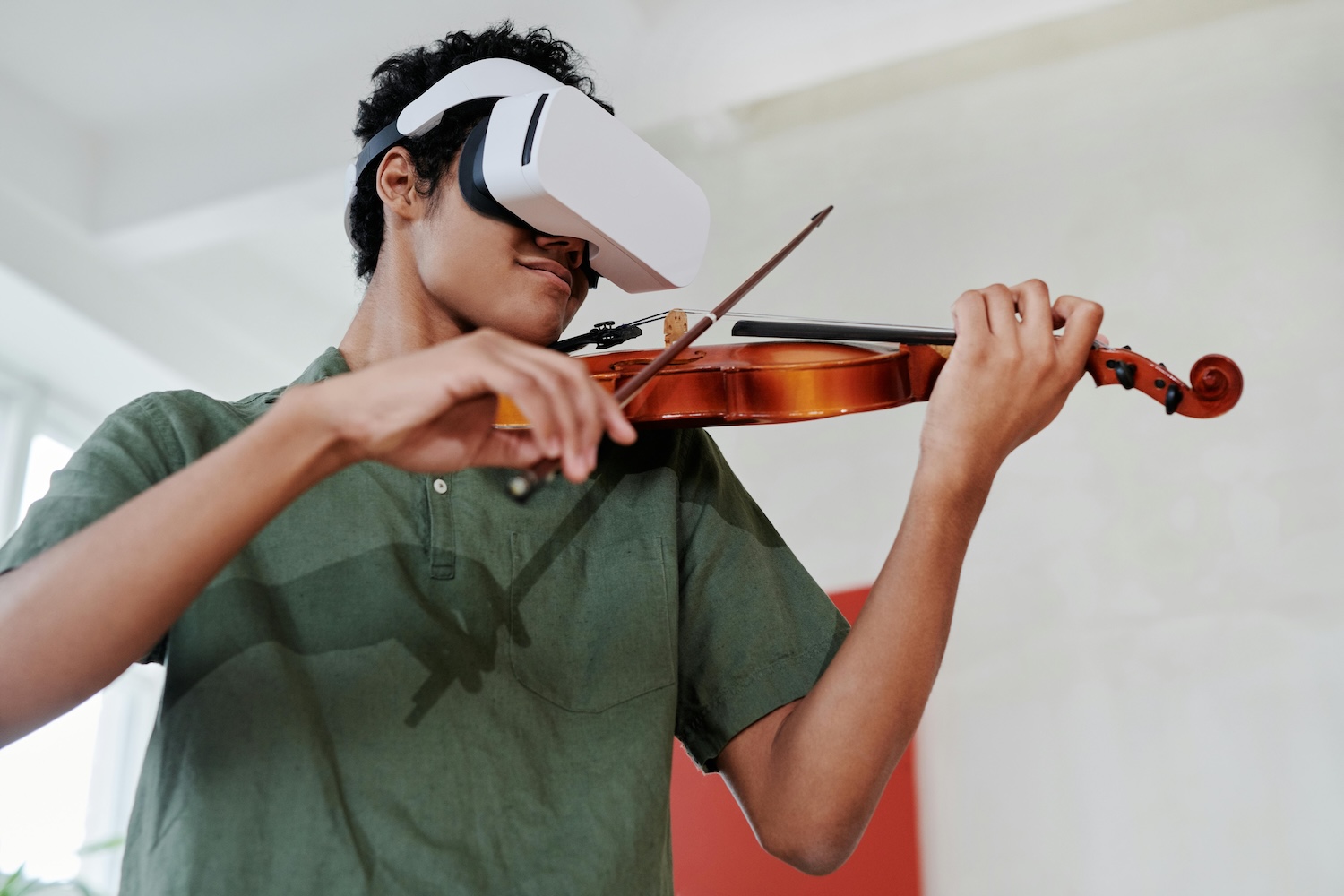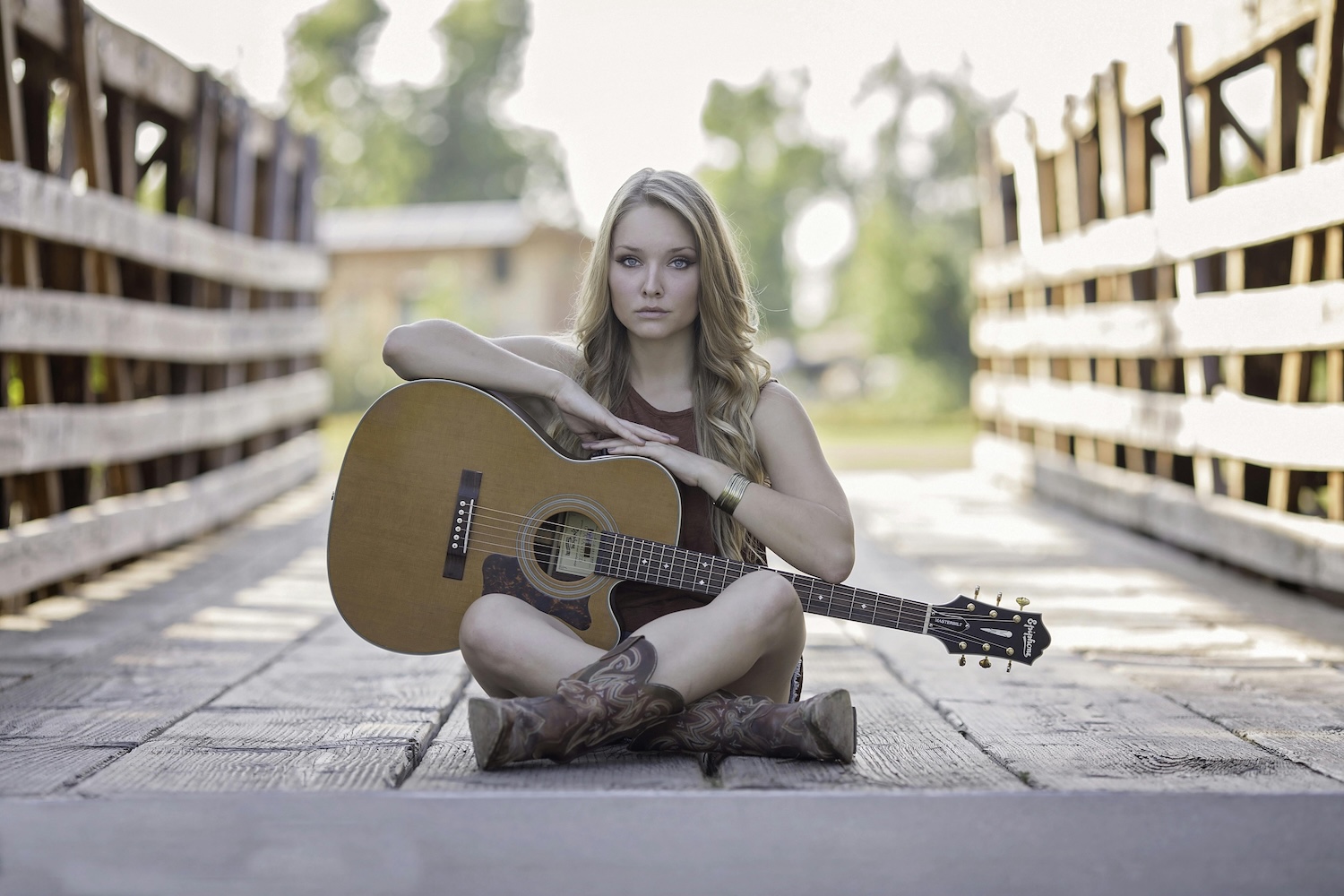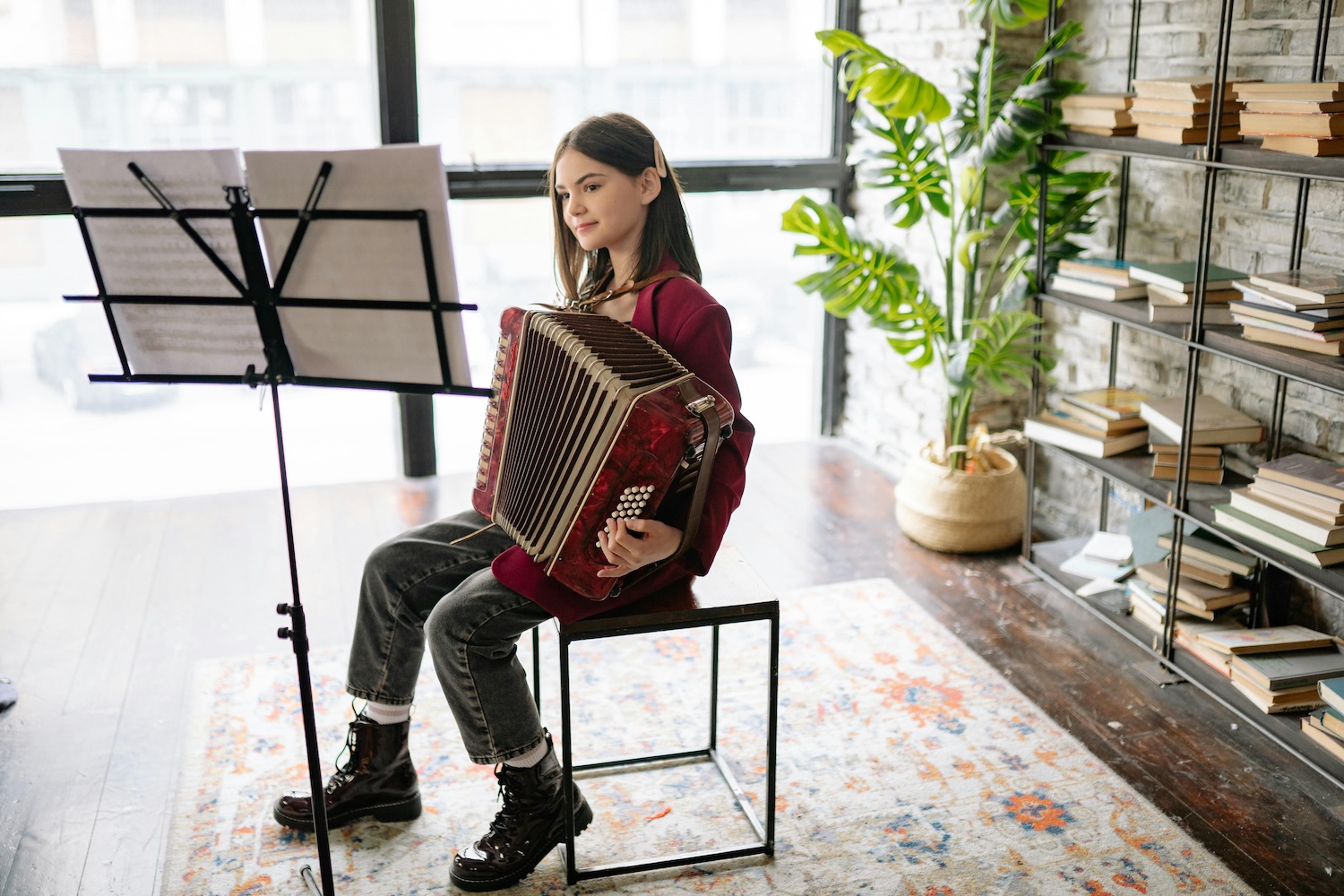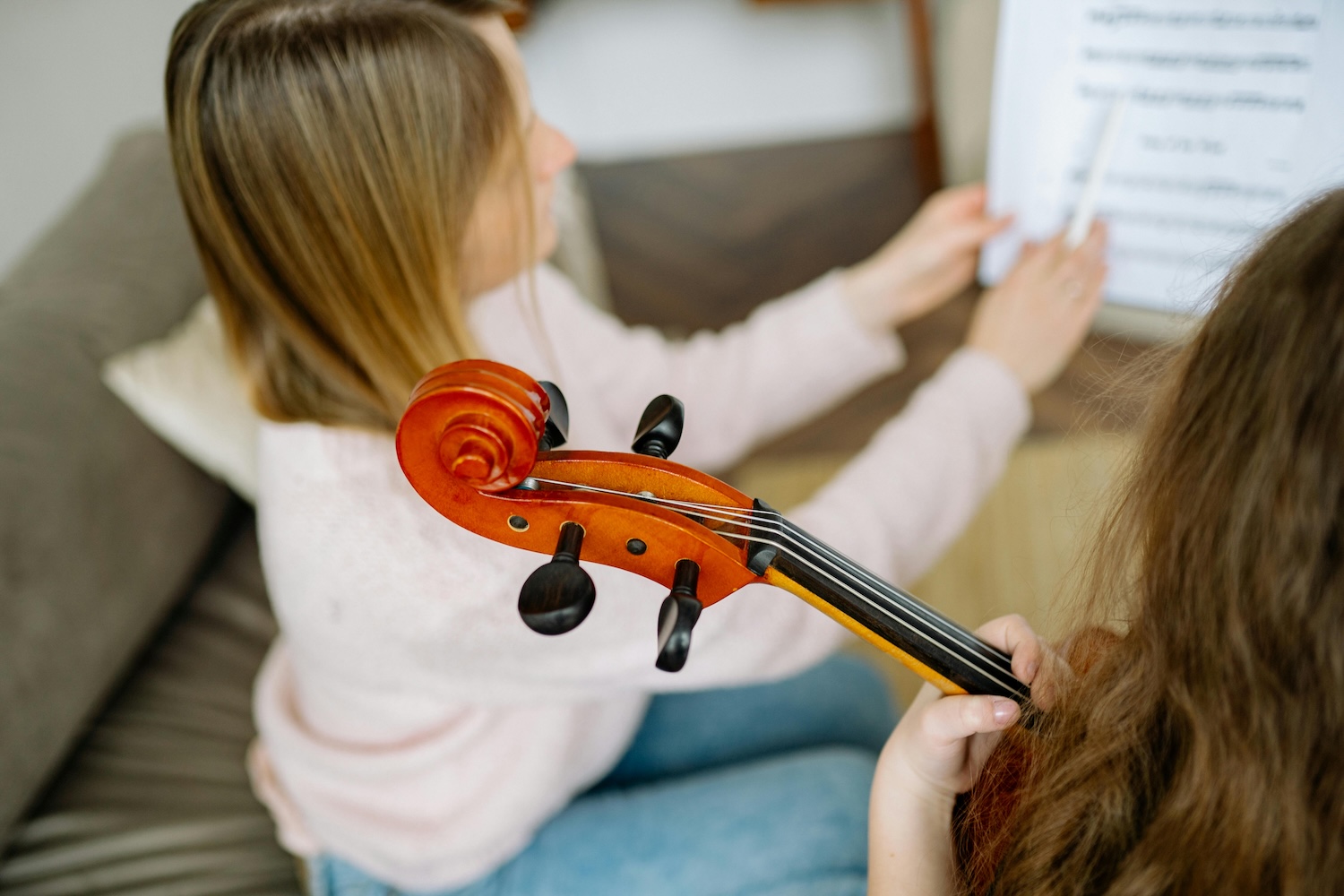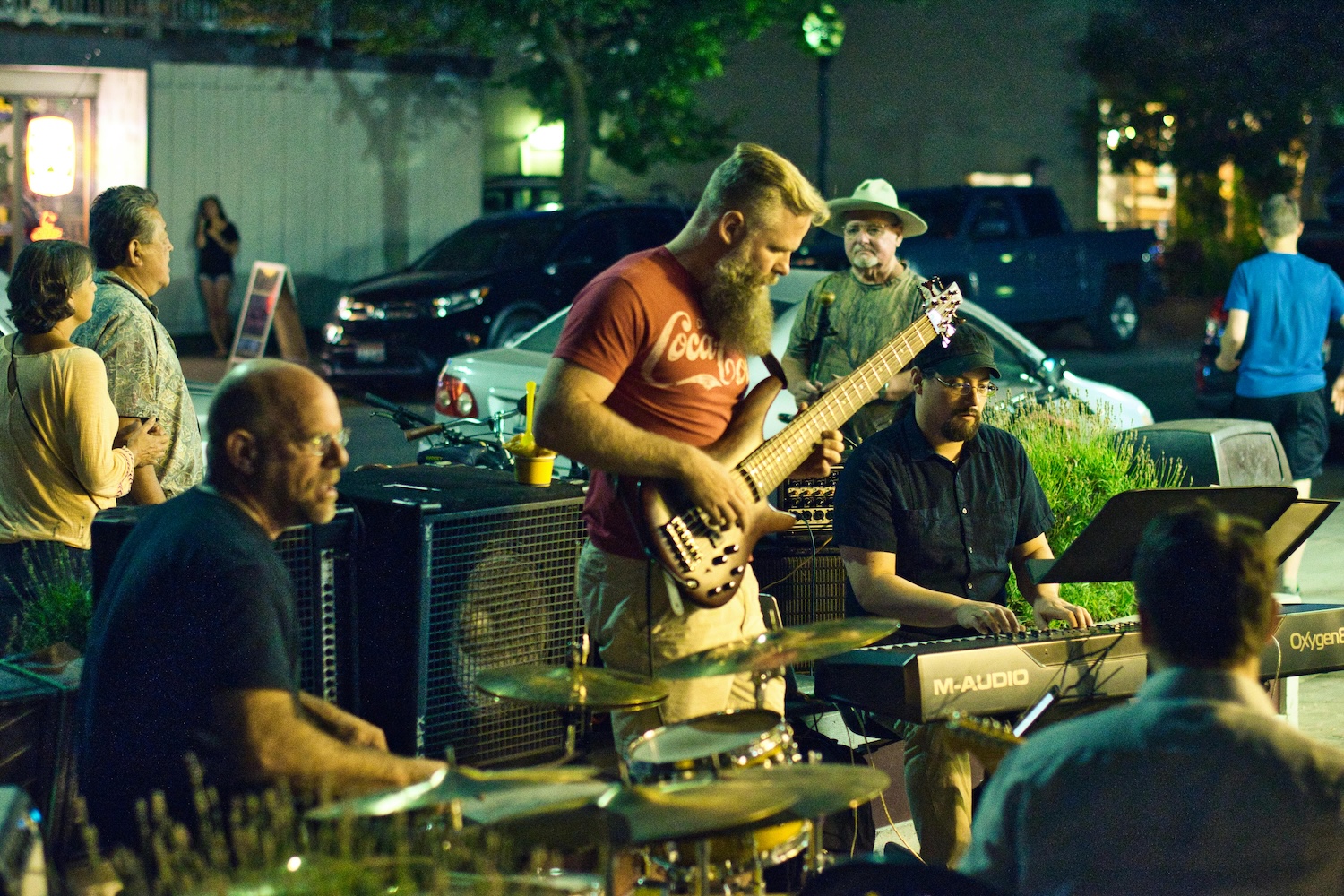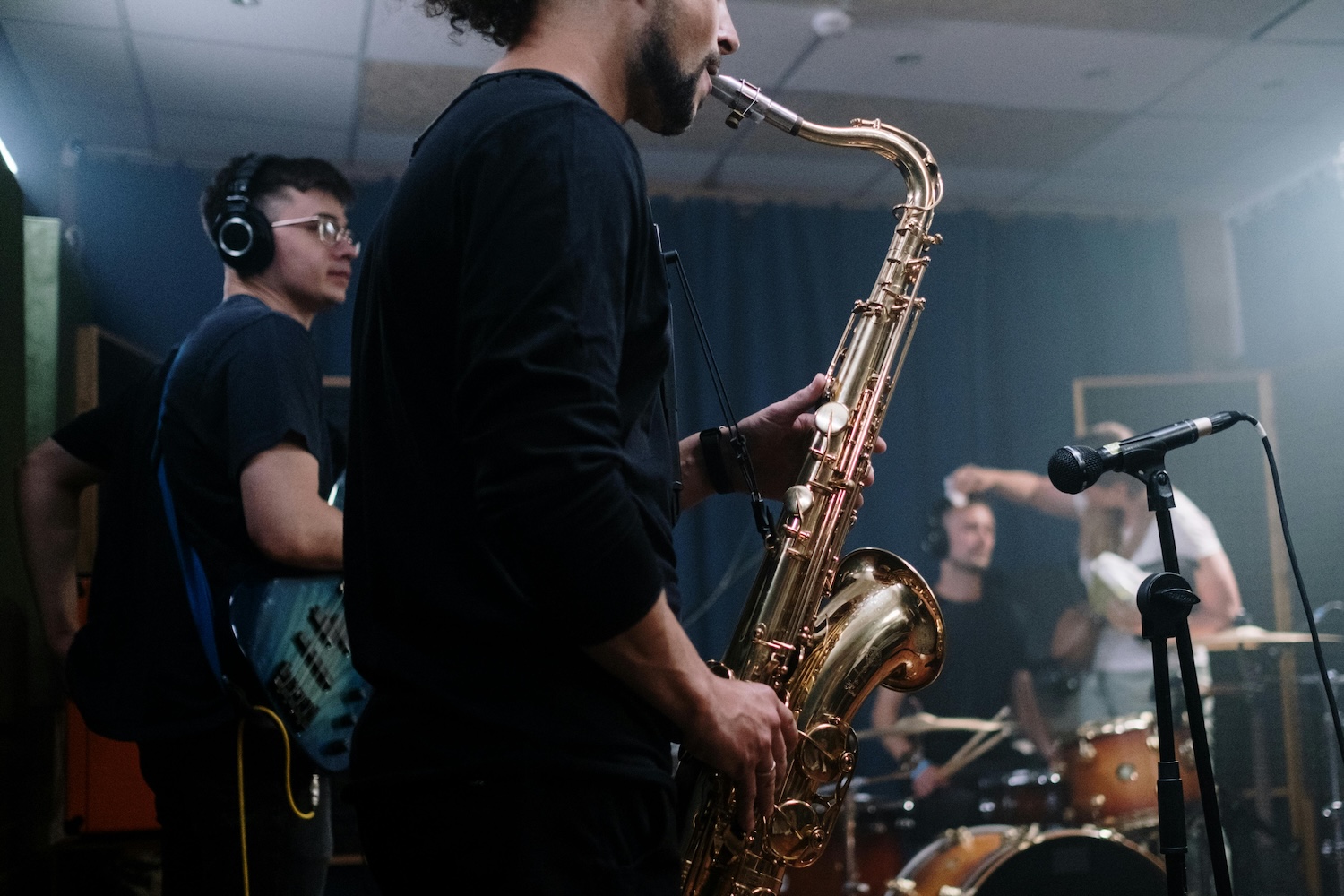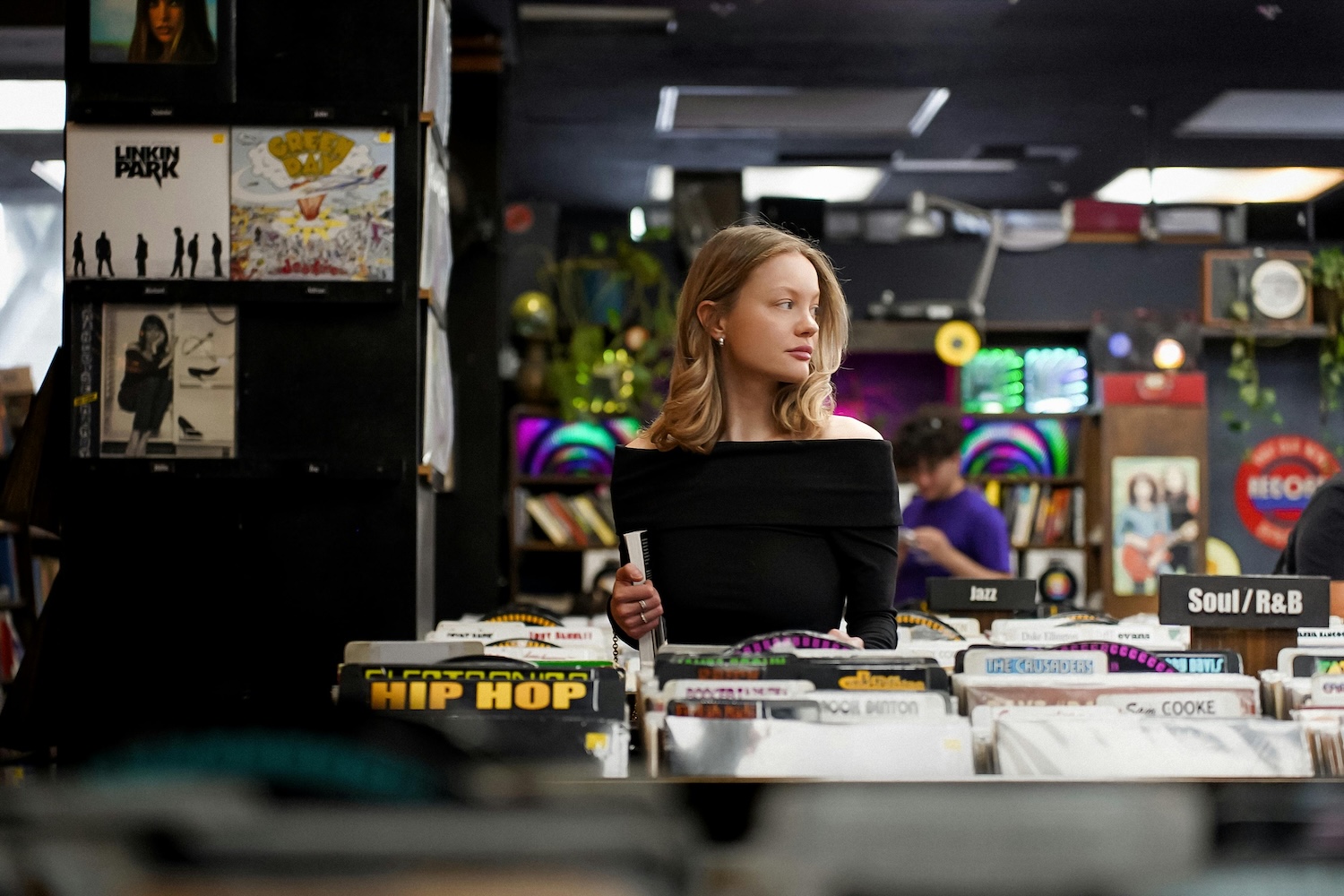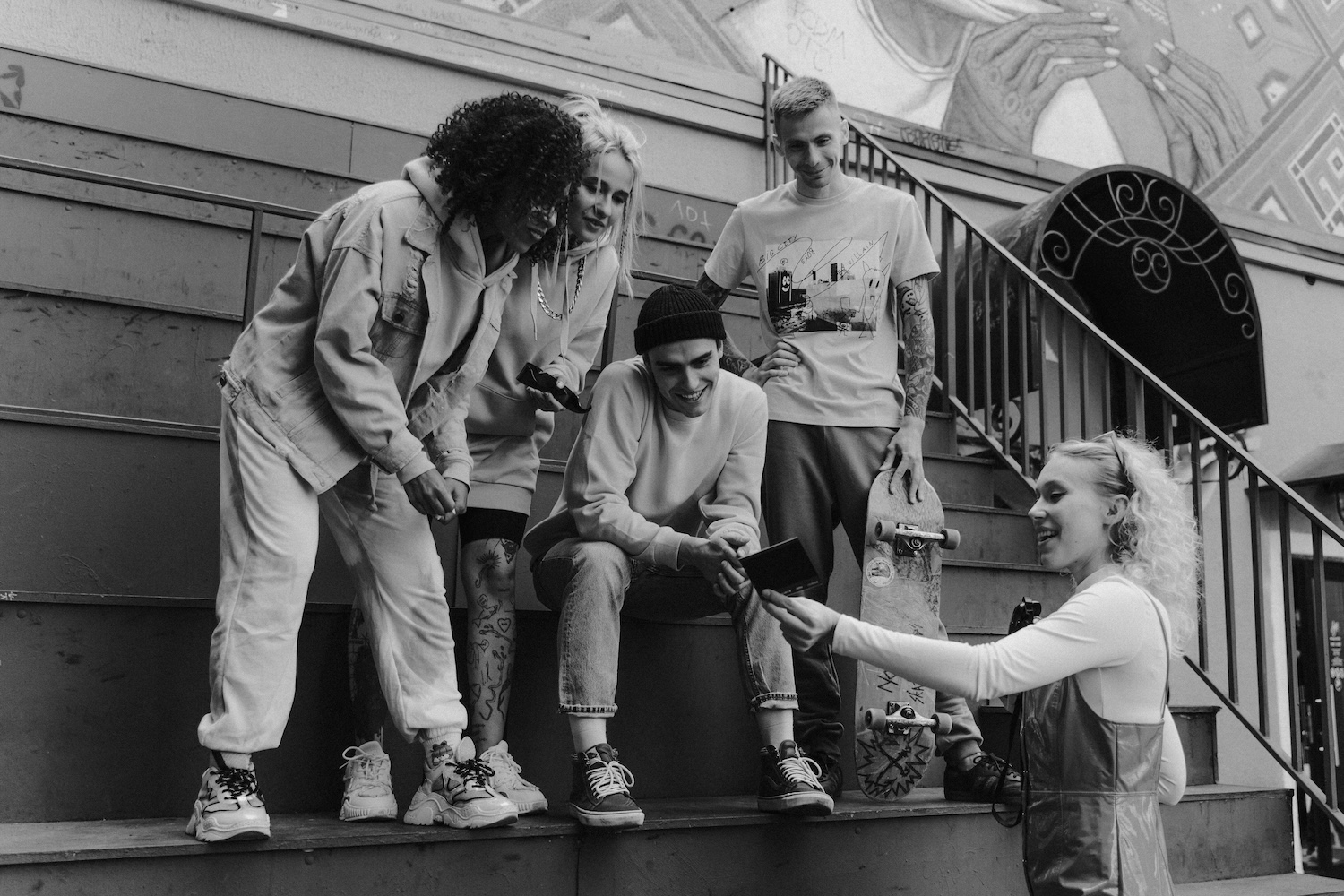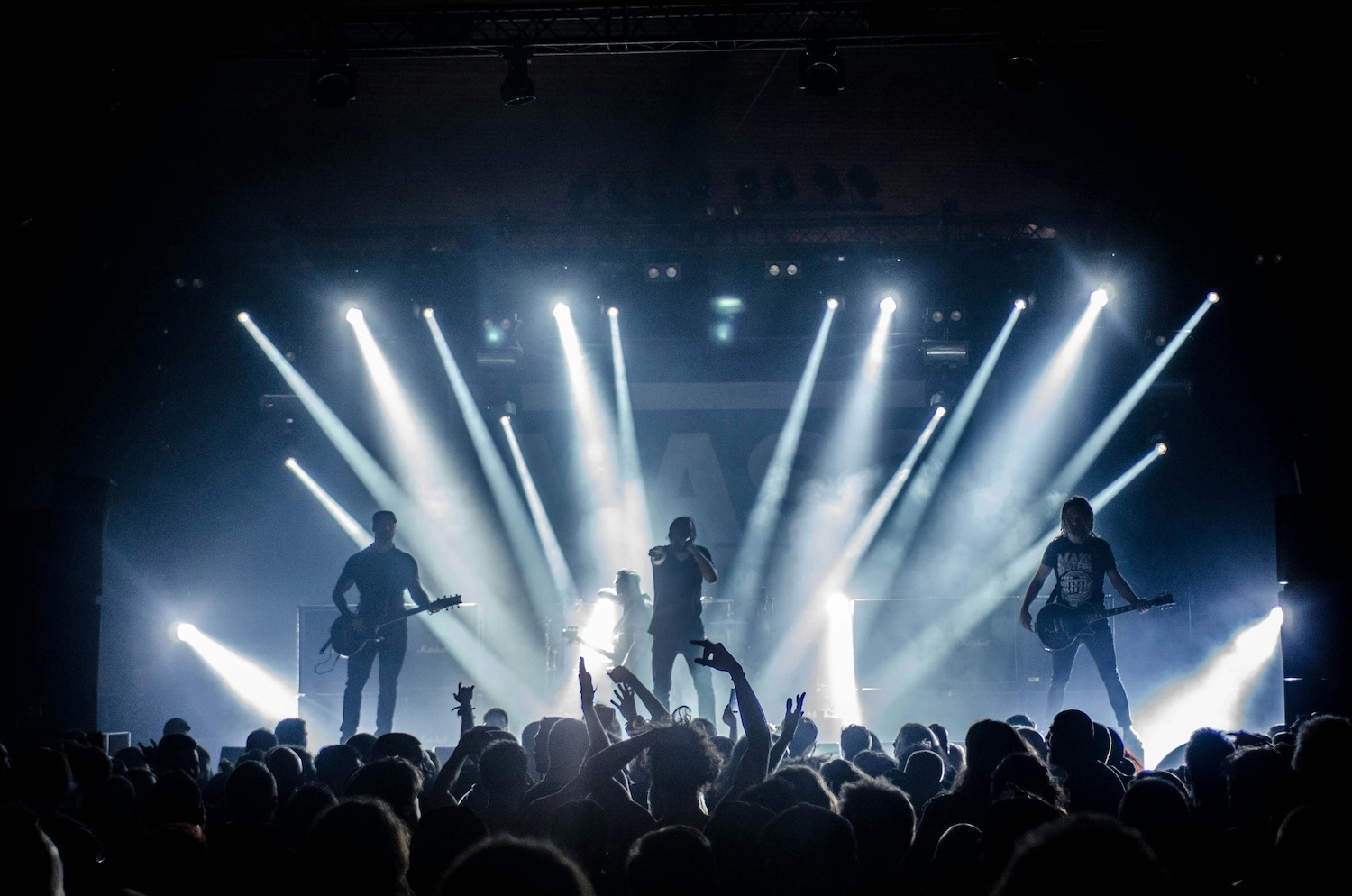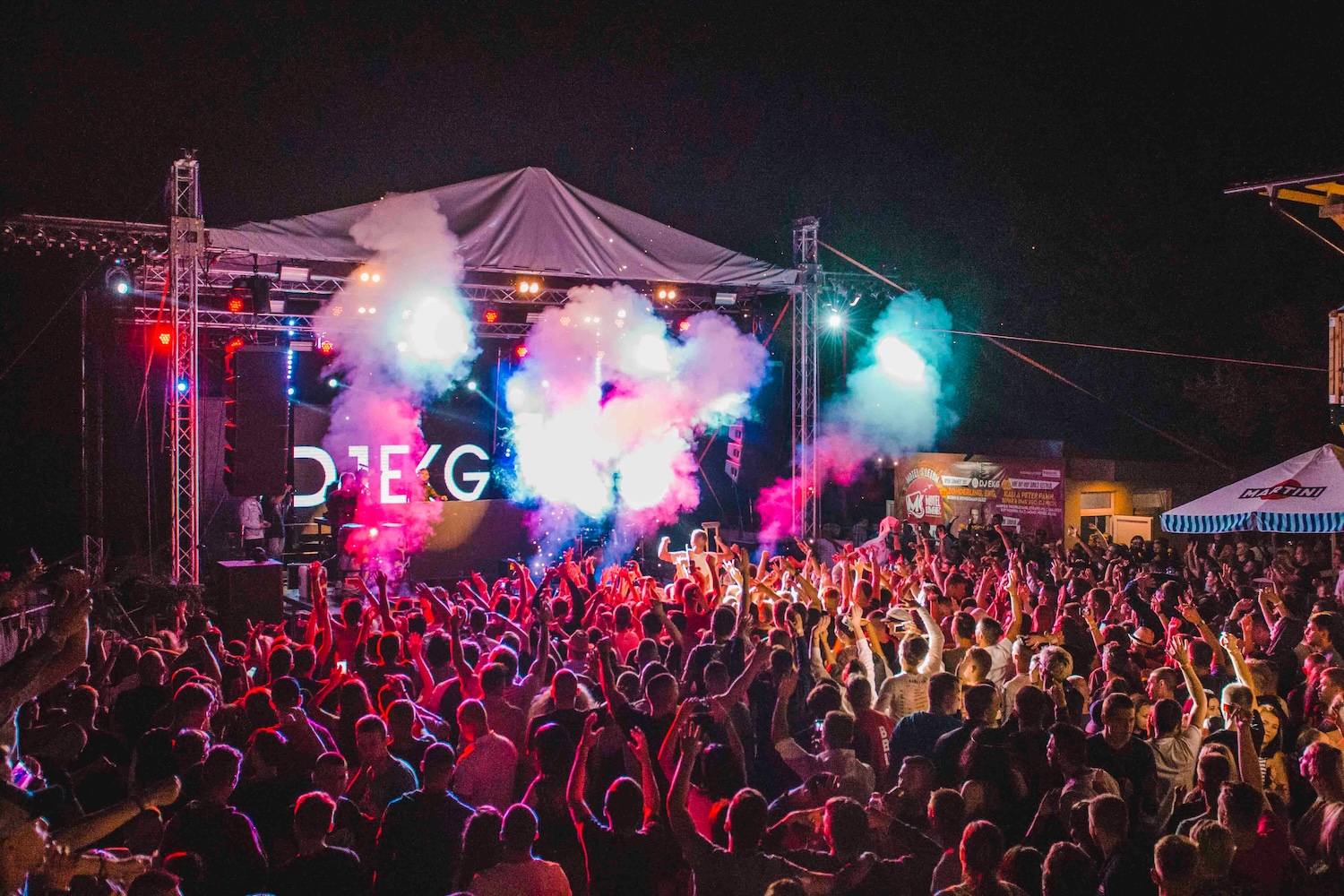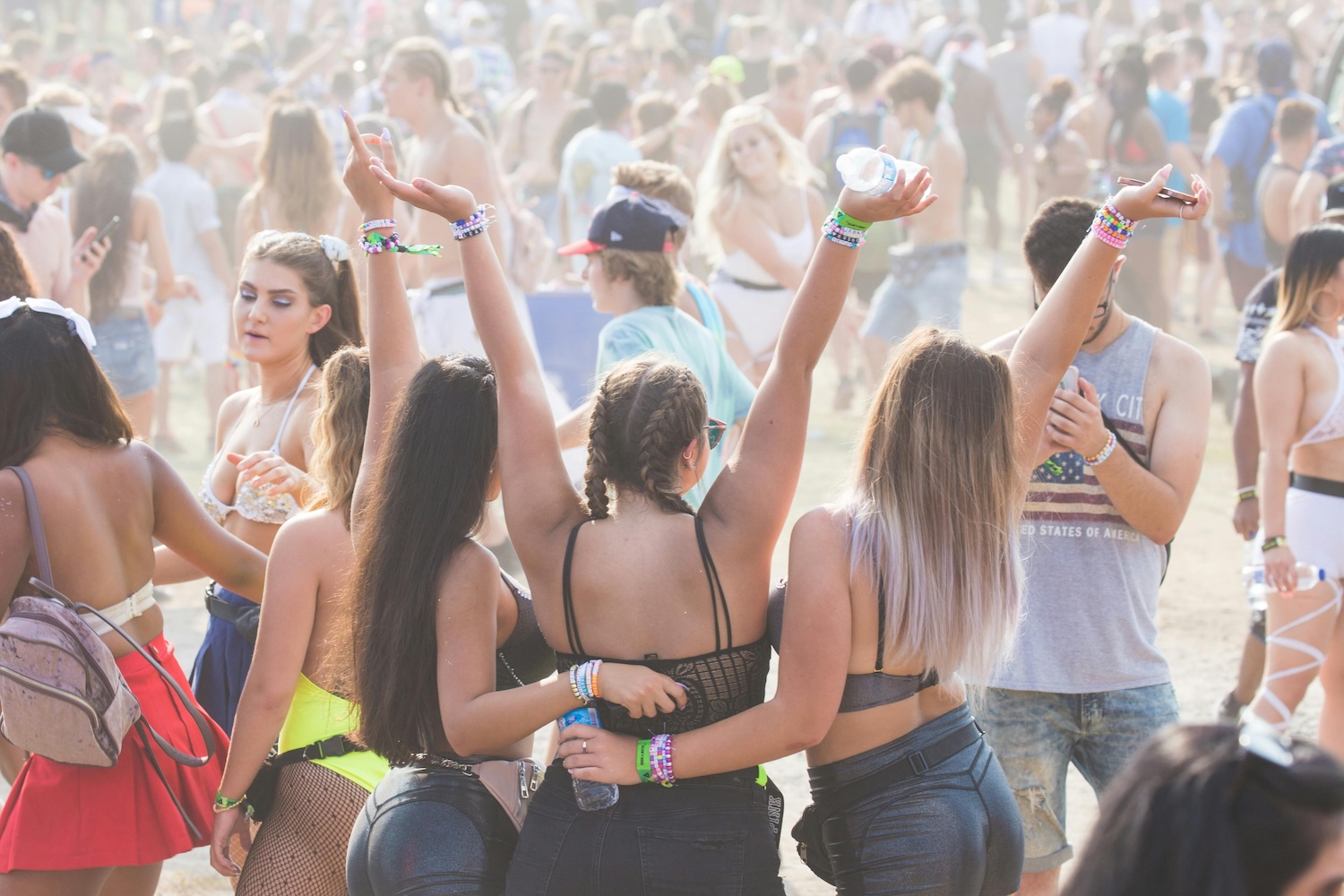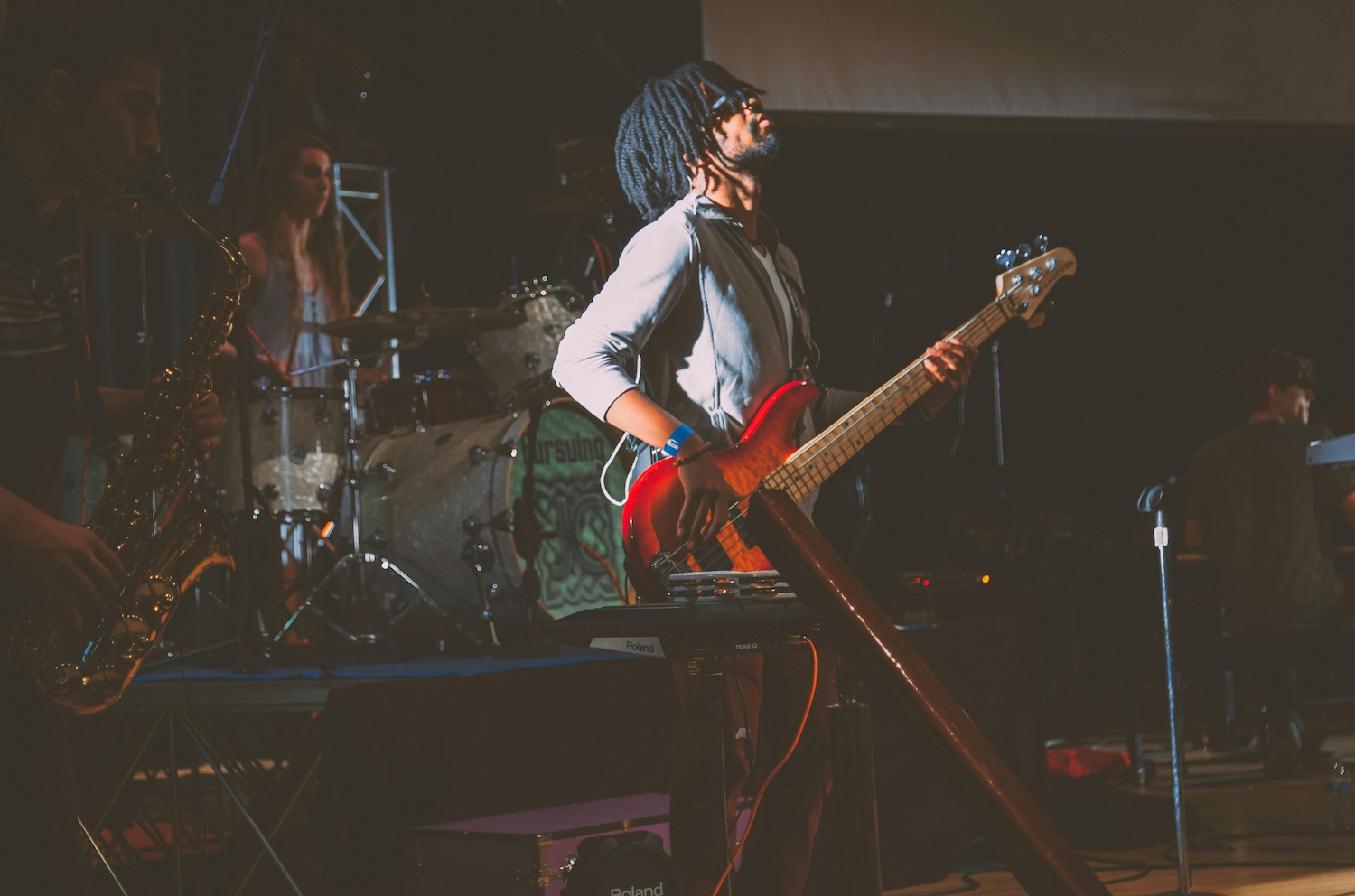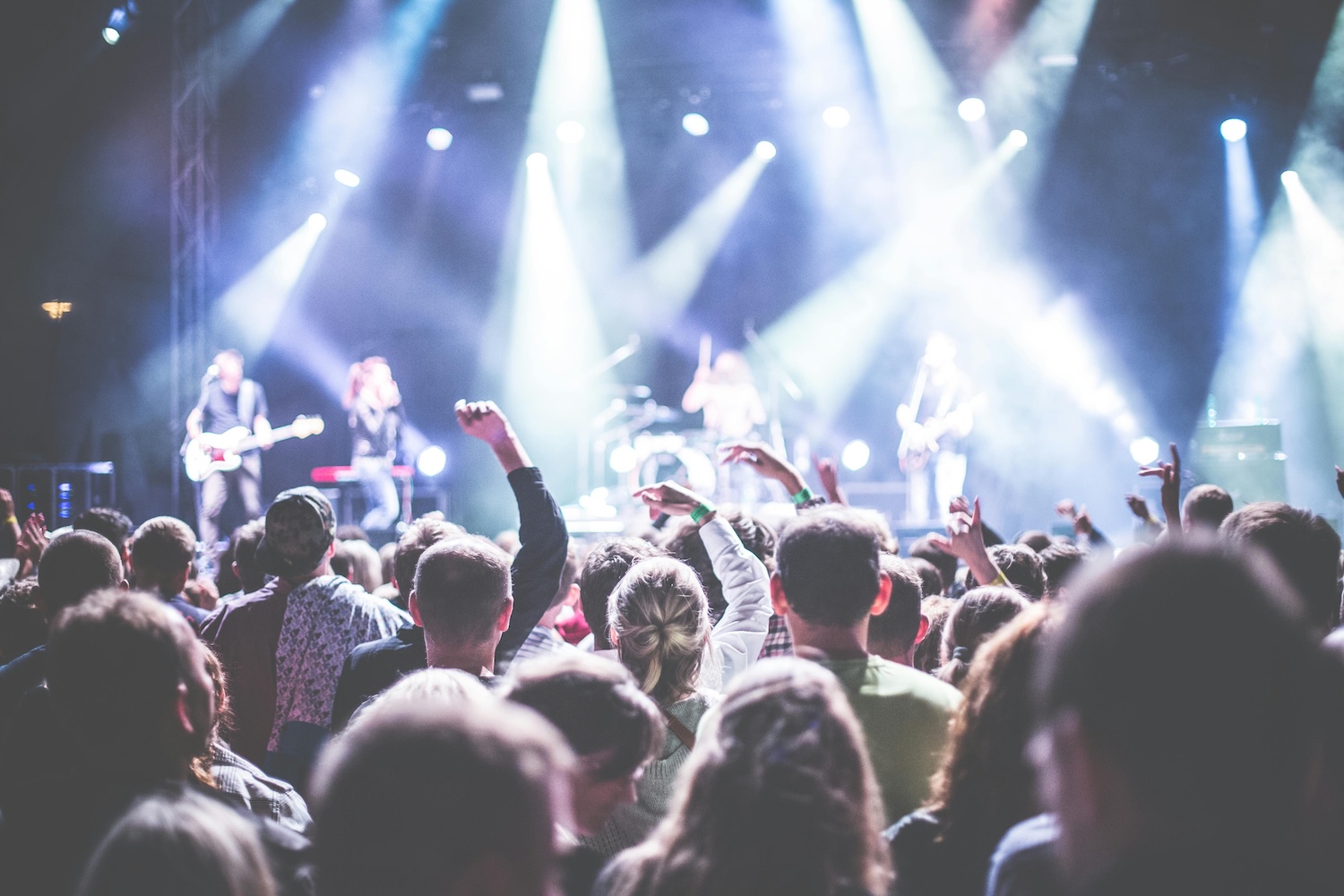From Rehearsal Room to Stage – Your First Live Performance
Date:
16.5.2025
Author:
Oli Olsen
From Rehearsal Room to Stage – Your First Live Performance
A guide for new bands and musicians
There’s something special about stepping out of the rehearsal room and onto a stage for the first time. For many new bands and musicians, that first live performance is both exciting and nerve-wracking. It’s a milestone – and with the right preparation, it can be the start of something great.
Here’s a practical guide to help you make your first gig a success.
1. Choose the Right Venue
Start by picking a venue that fits your level and style. A local youth center, small café, or open mic night can be ideal for a debut. Choose a space where you’ll feel comfortable and can invite friends and family to cheer you on.
2. Practice Like It's the Real Thing
You’ve probably practiced the songs a hundred times, but a live show is different. Rehearse your full set from start to finish, with transitions and no long breaks. Work on stage presence and how you’ll interact with the audience between songs.
3. Build a Realistic Setlist
Create a setlist that matches your time slot. It’s better to play fewer songs well than to rush through too many. Think about dynamics – vary tempo and mood, start strong, and end on a high note.
4. Prep Your Gear
Go through your gear in advance – cables, pedals, drumsticks, strings, batteries. Bring spares. Ask the venue what they provide and what you need to bring. If you get a soundcheck, use it wisely and show up early.
5. Coordinate with the Sound Engineer
Have a simple stage plan ready: who stands where, which inputs you need, and how you’d like the monitor mix. Talk to the sound engineer – they’re your best ally on the night.
6. Consider Stage Presence
How you look and move matters. You don’t need to “perform” in a fake way – just let your energy match the music. If you’re having fun, the audience will feel it too.
7. Promote the Show
Use social media, word of mouth, or print flyers. A good turnout makes the night more fun for everyone. Keep your message short and clear: date, time, location, and what kind of music people can expect.
8. Be Ready for the Unexpected
Mistakes will happen – a guitar might go out of tune, or someone forgets how a song starts. Stay calm and keep playing. Most audiences are supportive, especially if you show heart.
9. Enjoy the Moment
You’ve worked for this. Now is the time to enjoy it. Look up, connect with the crowd, and play for each other. Your first gig is something you’ll always remember.
Other blogs







